More than 3,000 Jewish professors, university staff and students nationwide signed a letter criticizing the federal suppression of free speech under the guise of combating antisemitism, titled “Not In Our Name.”
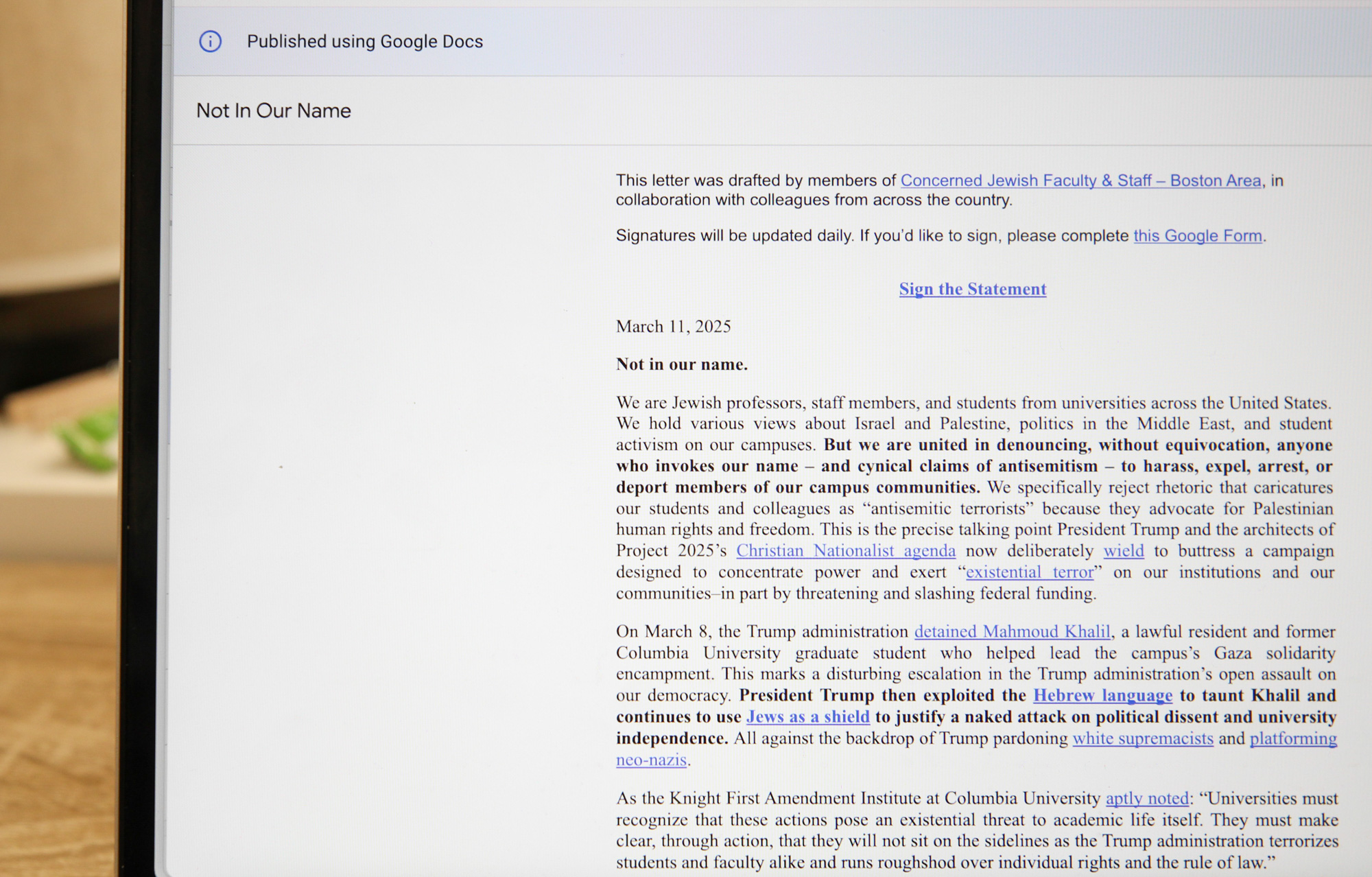
The letter keynotes the March 8 arrest of former Columbia University graduate student Mahmoud Khalil — the first publicly known deportation under the Trump administration’s executive order combating antisemitism — for Khalil’s alleged involvement in pro-Palestinian protests on Columbia’s campus.
“This marks a disturbing escalation in the Trump administration’s open assault on our democracy,” the letter reads. “President Trump then exploited the Hebrew language to taunt Khalil and continues to use Jews as a shield to justify a naked attack on political dissent and university independence.”
The letter was drafted by the organization Concerned Jewish Faculty and Staff Boston Area. More than 300 signatures originate from the Boston area, including affiliates with Harvard University, Tufts University and Northeastern University. There are more than 60 Boston University affiliates.
Jonathan Feingold, associate professor in the BU School of Law, was the third signature on the letter. He said the Trump administration’s “weaponizing [of the] Jewish identity,” spearheaded his involvement.
“The Trump administration is weaponizing … unfounded claims of antisemitism in order to justify a whole slew of attacks on our universities, on our students, on our colleagues and on core bedrock principles of democracy,” Feingold said.
The letter calls on universities to “cease any voluntary collaboration with federal immigration enforcement” and terminate collaboration with organizations like the Anti-Defamation League, an organization dedicated “to stop the defamation of the Jewish people,” and applaud the Trump administration’s efforts in combating antisemitism.
“There are many things university leaders at BU and elsewhere can and should be doing,” Feingold said. “What’s quite troubling is that we continue to see a failure to do so.”
Rumeysa Öztürk, a PhD candidate at Tufts University, was arrested by six plainclothes officers March 25 and had her visa terminated for alleged involvement in activities supporting Hamas, according to the U.S. Department of Homeland Security. Though Öztürk’s detainment occurred after the letter was filed, signers say it makes the matter all the more troubling.
“When international students desire to speak out on the issue of Palestine, they are systematically discriminated against by the [Trump] administration,” said Daniel Kleinman professor of sociology at BU and another signer of the letter.
Margaret Litvin, an associate professor of Arabic and comparative literature at BU also signed the letter, and said Öztürk’s detention was “repellent” and confirmed some Bostonian’s “worst fears.”
“The fact that this was somehow being done and shared on by Jewish groups and in the name of so-called Jewish causes, was nauseating to an extent I have never experienced in my lifetime,” Litvin said.
Feingold said the conflation of pro-Palestinian advocacy as being anti-Jewish is dangerous for students.
“What you see in the letter and at BU, is that you have faculty members who identify as Jewish, who actually have a varied set of perspectives on all of these issues,” Feingold said. “What folks are coalescing around is a recognition that the Trump administration is cynically instrumentalizing Jewish identity in order to attack everyone else and undermine our ability to do our job as academics.”
Nina Silber, professor of history at BU added another signature, and said a clear definition of antisemitism from BU would help in facilitating discussions about the Israeli-Palestinian conflict.
“A definition that allows people to have disagreements, to have different opinions about what’s happening in the Middle East and not equate antisemitism with any kind of condemnations or criticisms of Israel,” Silber said.
Signer David Frankfurter, professor of religion at BU, said there is a need for open discussions between people with different positions, without antisemitism being used as a defense.
“I hope that students and faculty will feel that they have the right to say what they feel about Israel,” he said. “I hope that the [Trump] administration will realize that there are multiple voices and they cannot legislate what counts as antisemitism.”
Ben Spigel, an associate professor of entrepreneurship at Babson College who also signed the letter, said as someone who is Jewish, he feels an obligation to speak out against injustices, particularly those that are supposedly carried out “in his favor.”
“The way that this is being framed by the federal government is that it’s trying to protect me as a Jew,” Spigel said. “I don’t need that protection. None of my colleagues that I’ve talked to feel we need this protection, and we certainly don’t need it in a way that is actively harming individuals and actively harming the ability of colleges and universities to operate.”
Signer Henry Wortis, professor of immunology at the Tufts School of Medicine, said he felt “surprised” and “gratified” to see the turnout of his colleagues in the letter.
“I had no idea who was out there, and there were names that I recognized that I would not have predicted would have been amongst the first to sign,” Wortis said. “It made me humble to realize that I underestimated my colleagues.”
Litvin highlighted the diversity of the signers, who come from a variety of academic fields and represent a varied set of perspectives. Litvin said this includes professors who are committed Zionists and supporters of Israel and its right to exist.
“There’s hunger for this,” Litvin said. “The way that people jumped on the letter when it circulated and are eager to sign is really encouraging.”

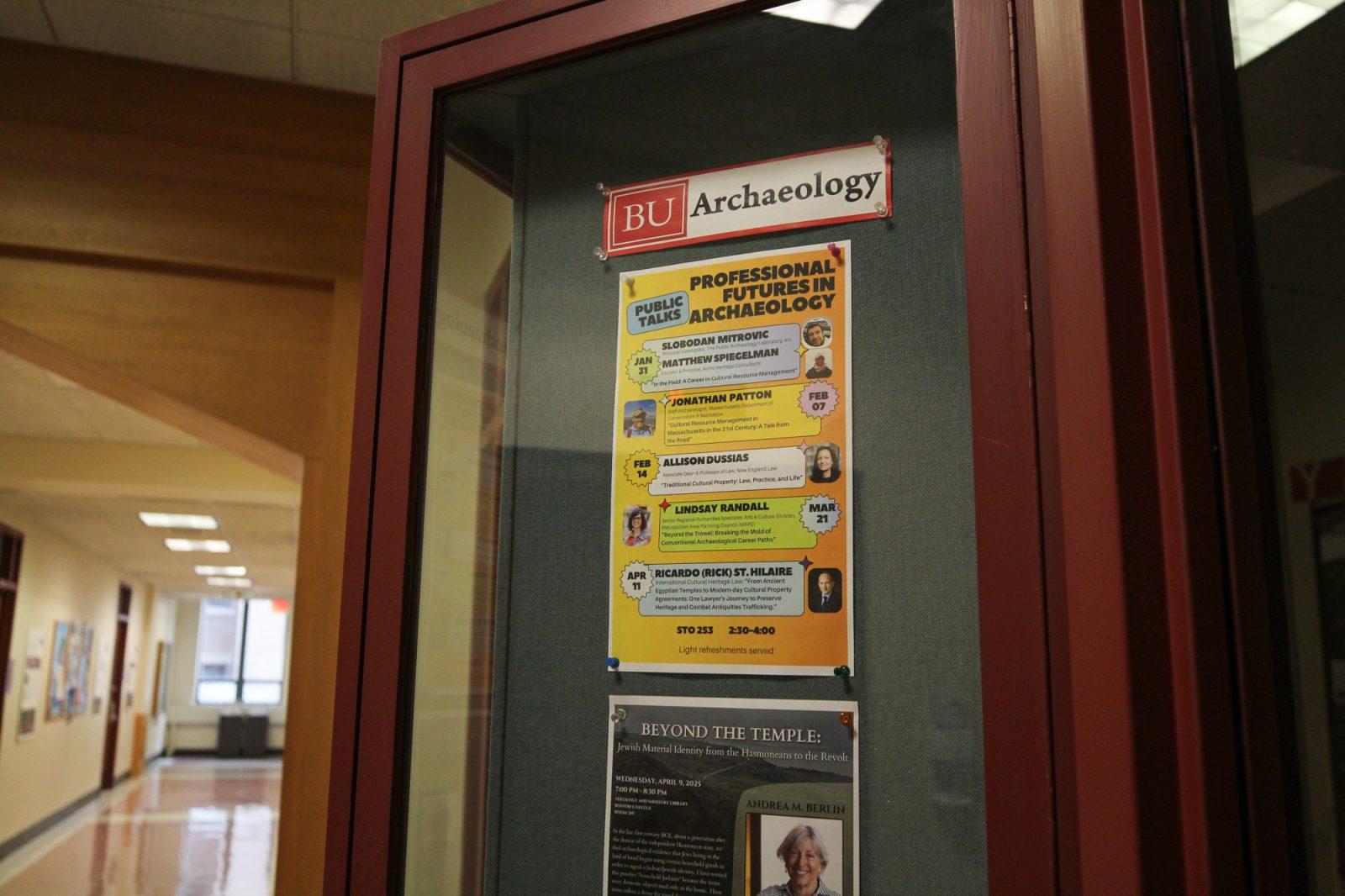
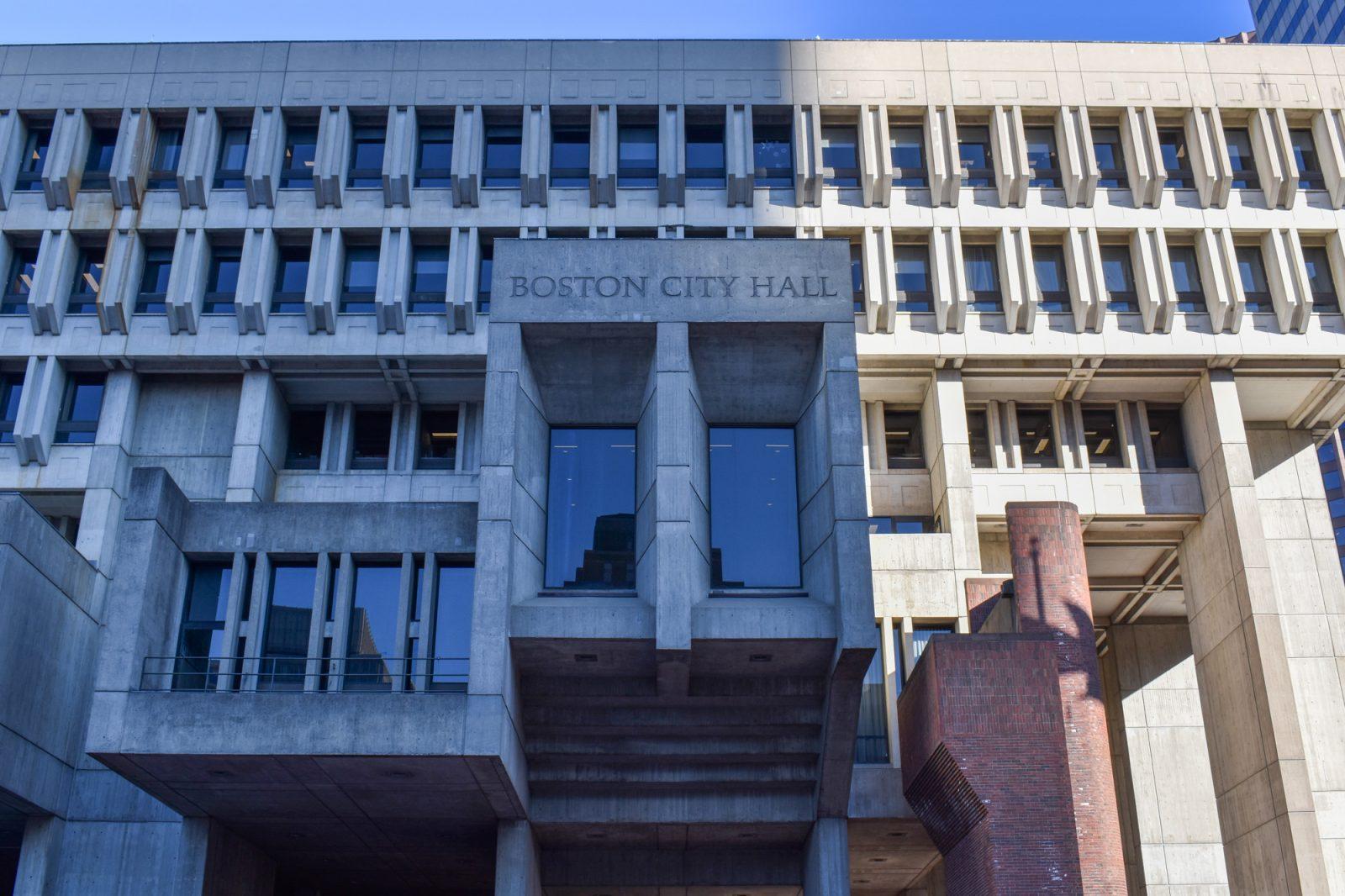
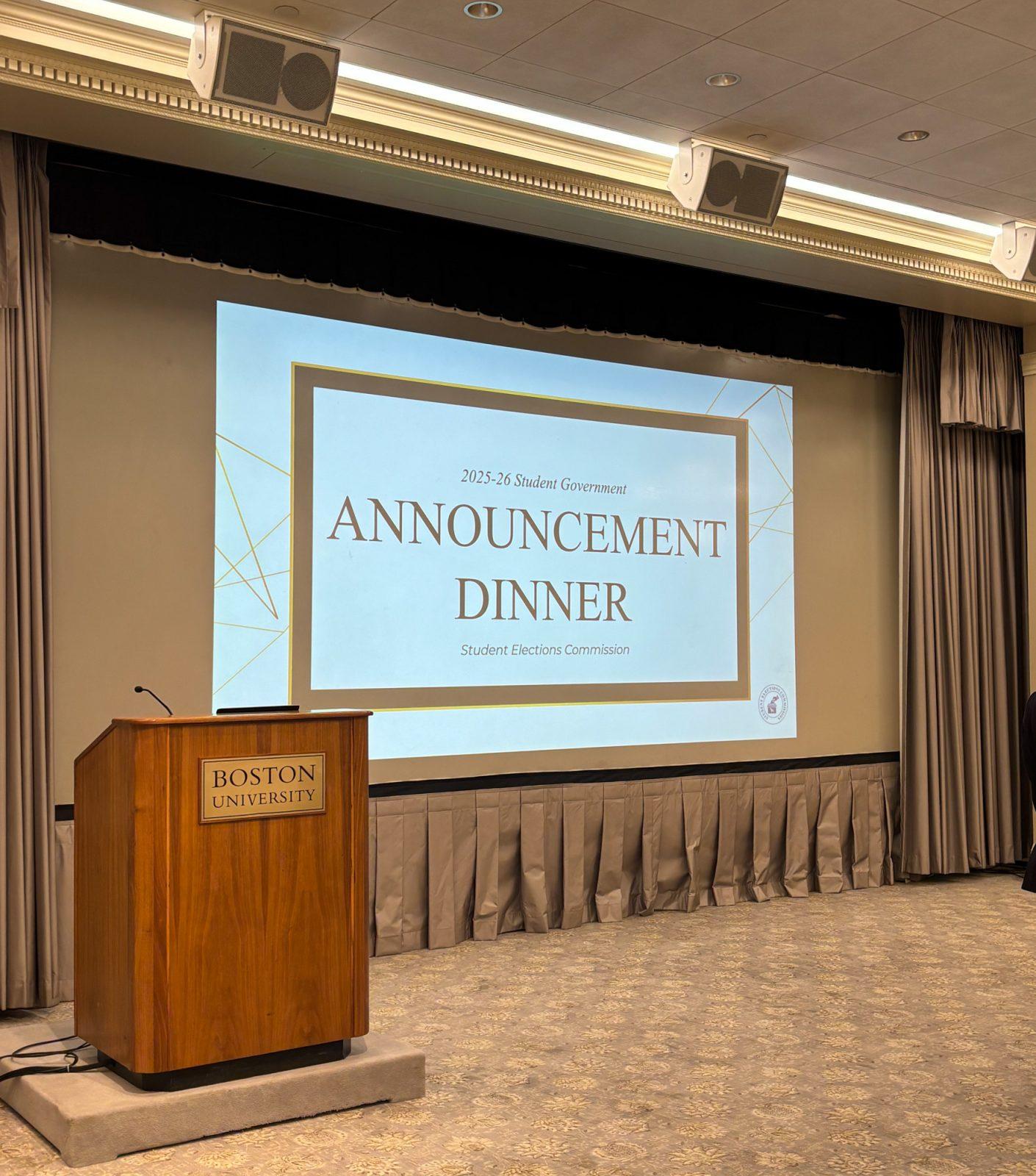
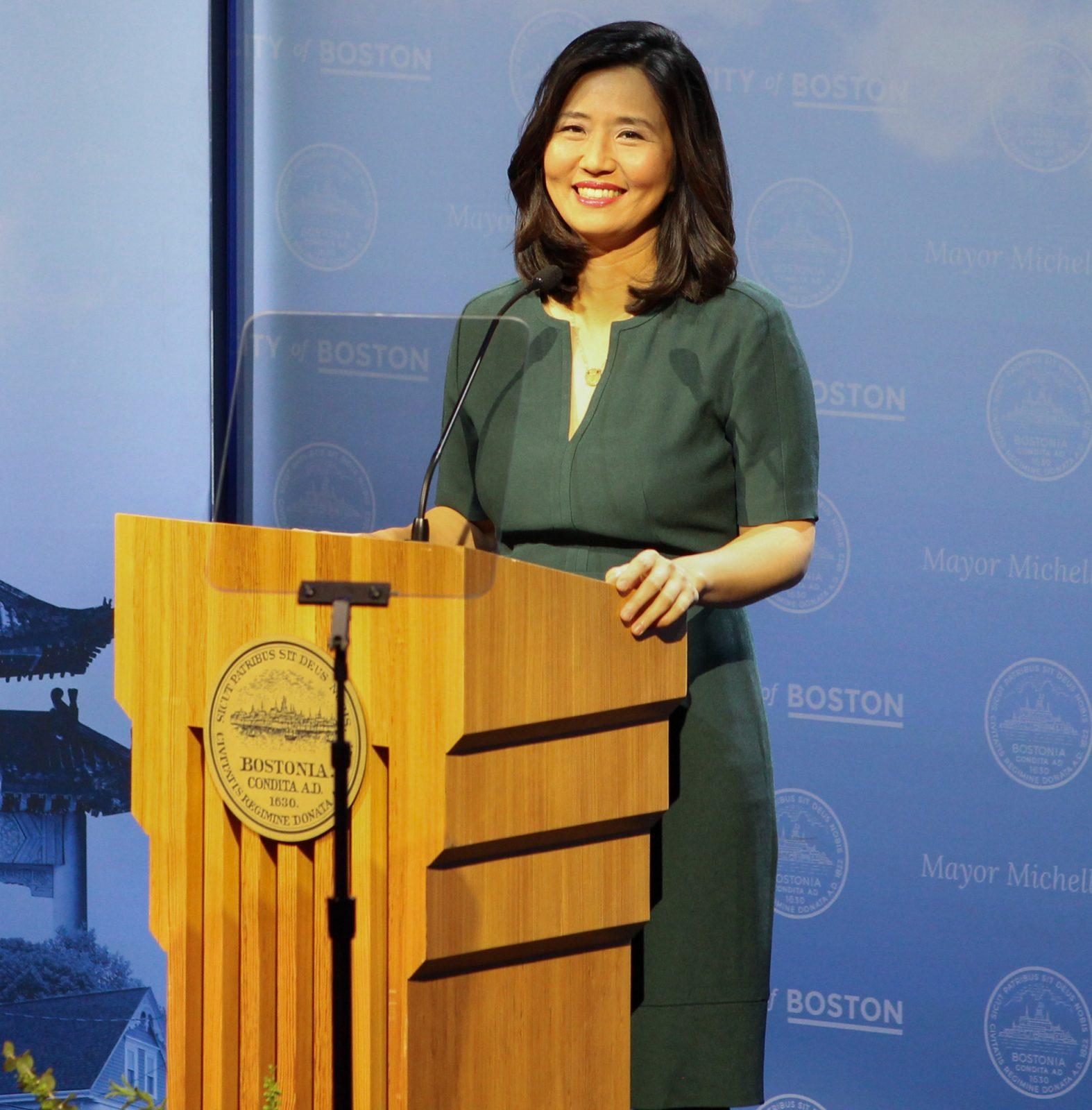
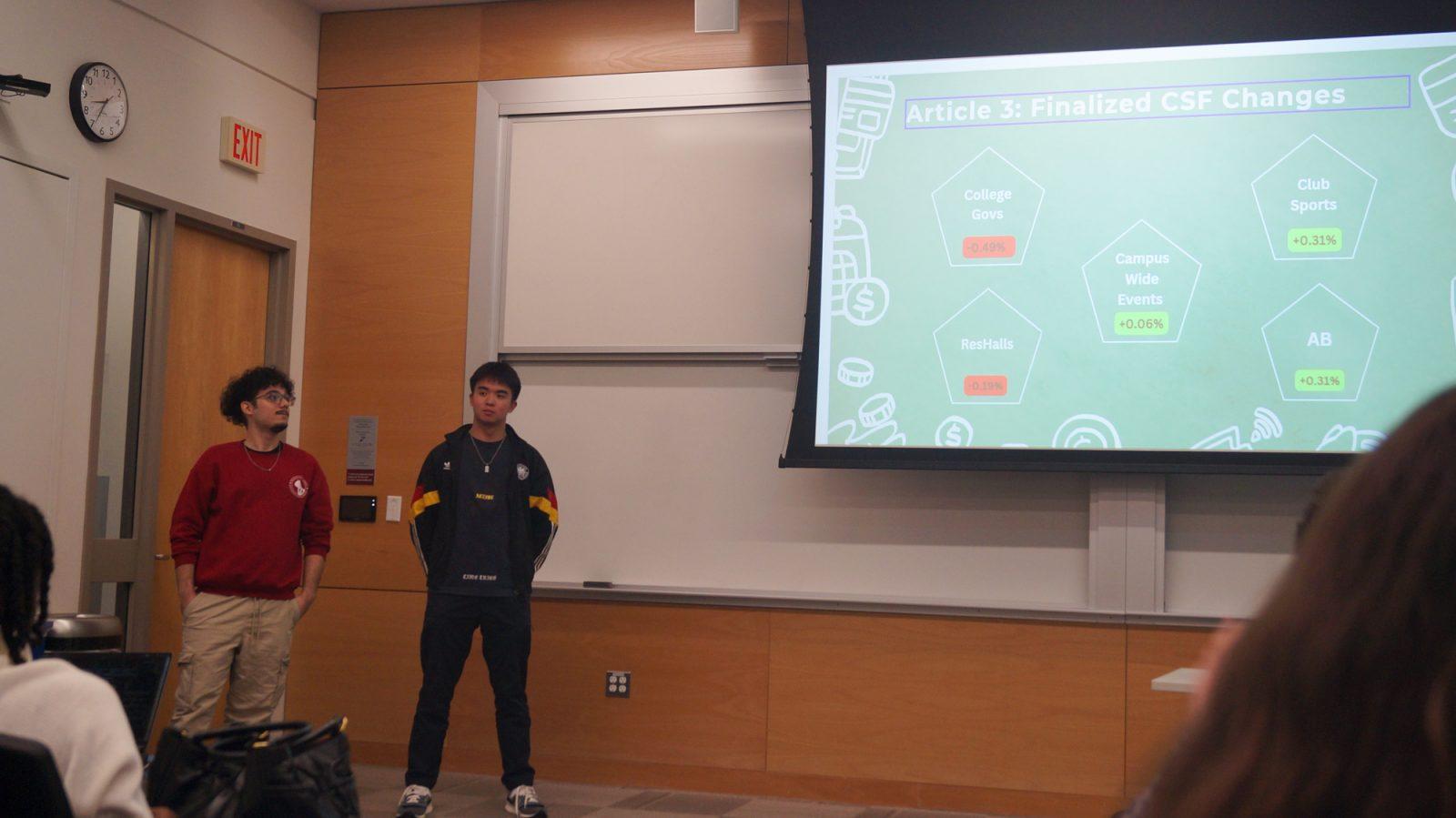
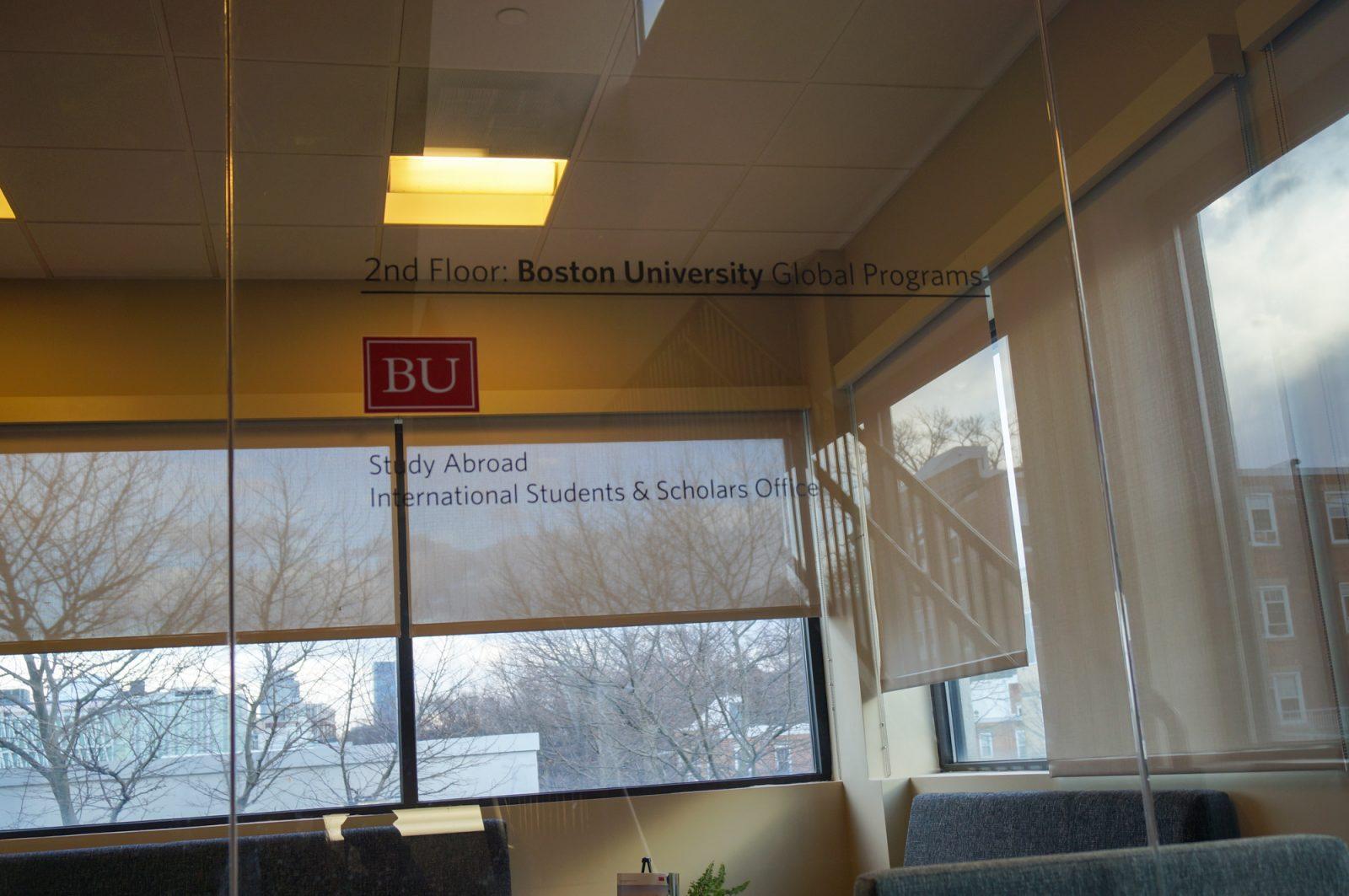
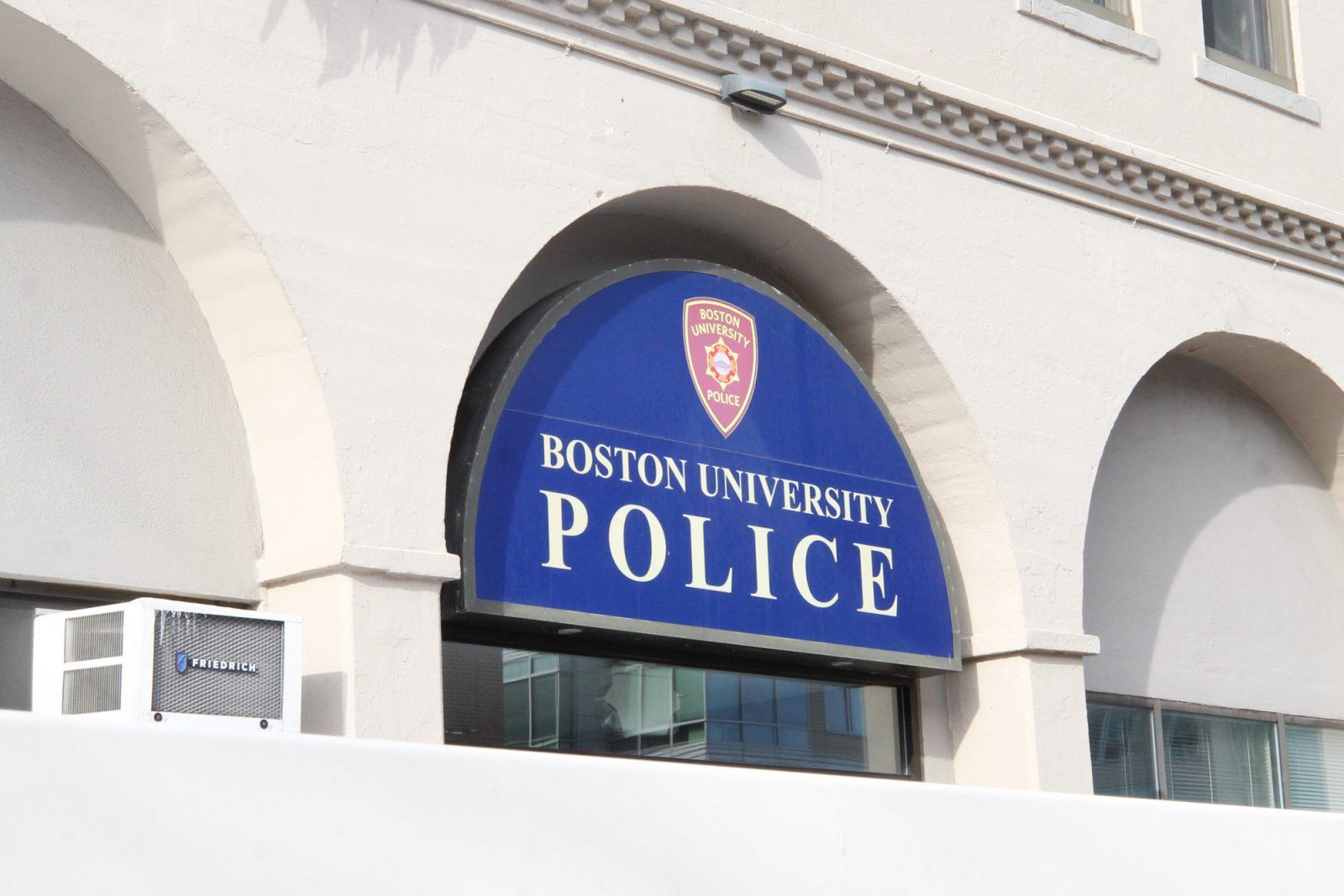
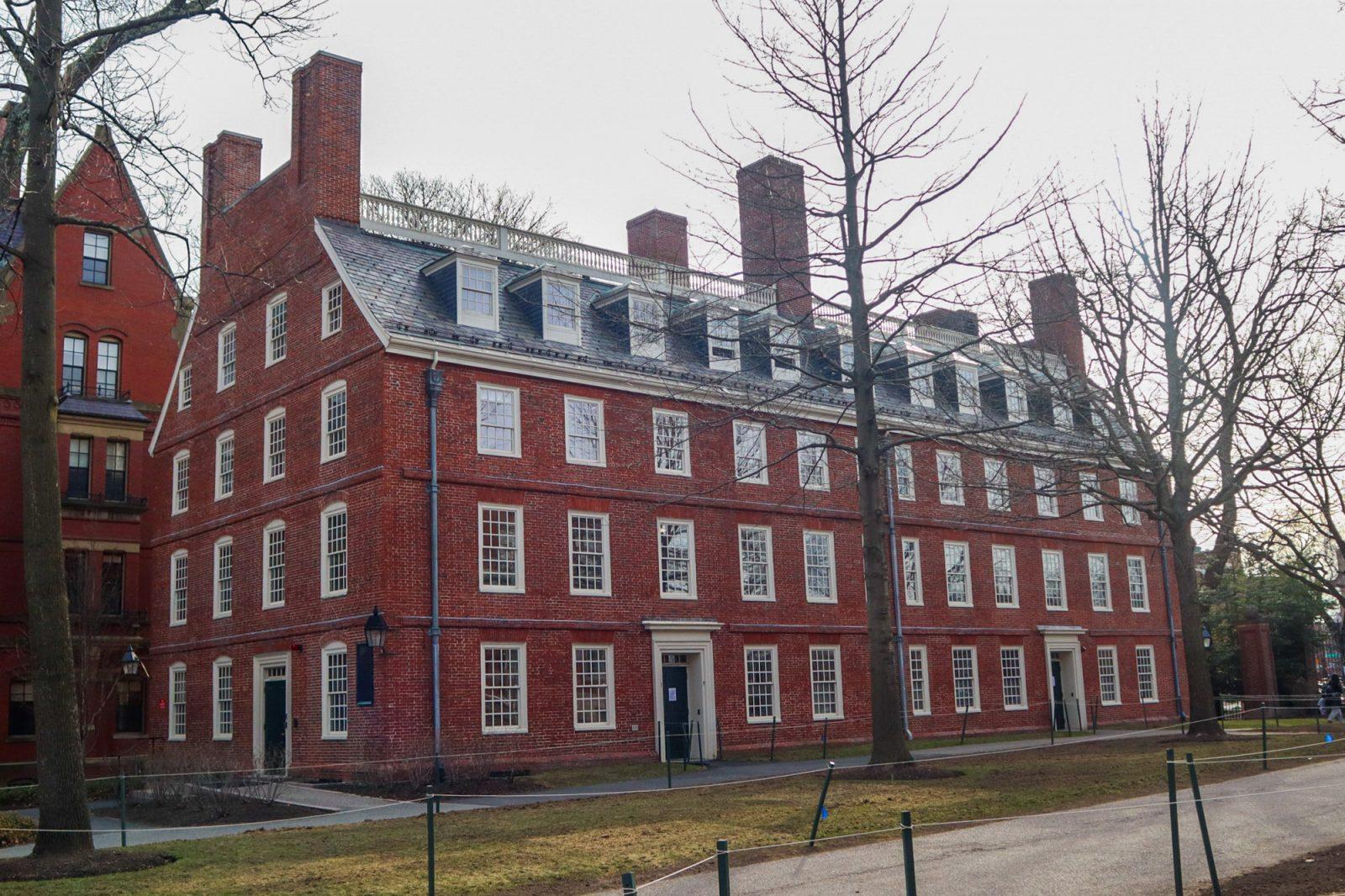

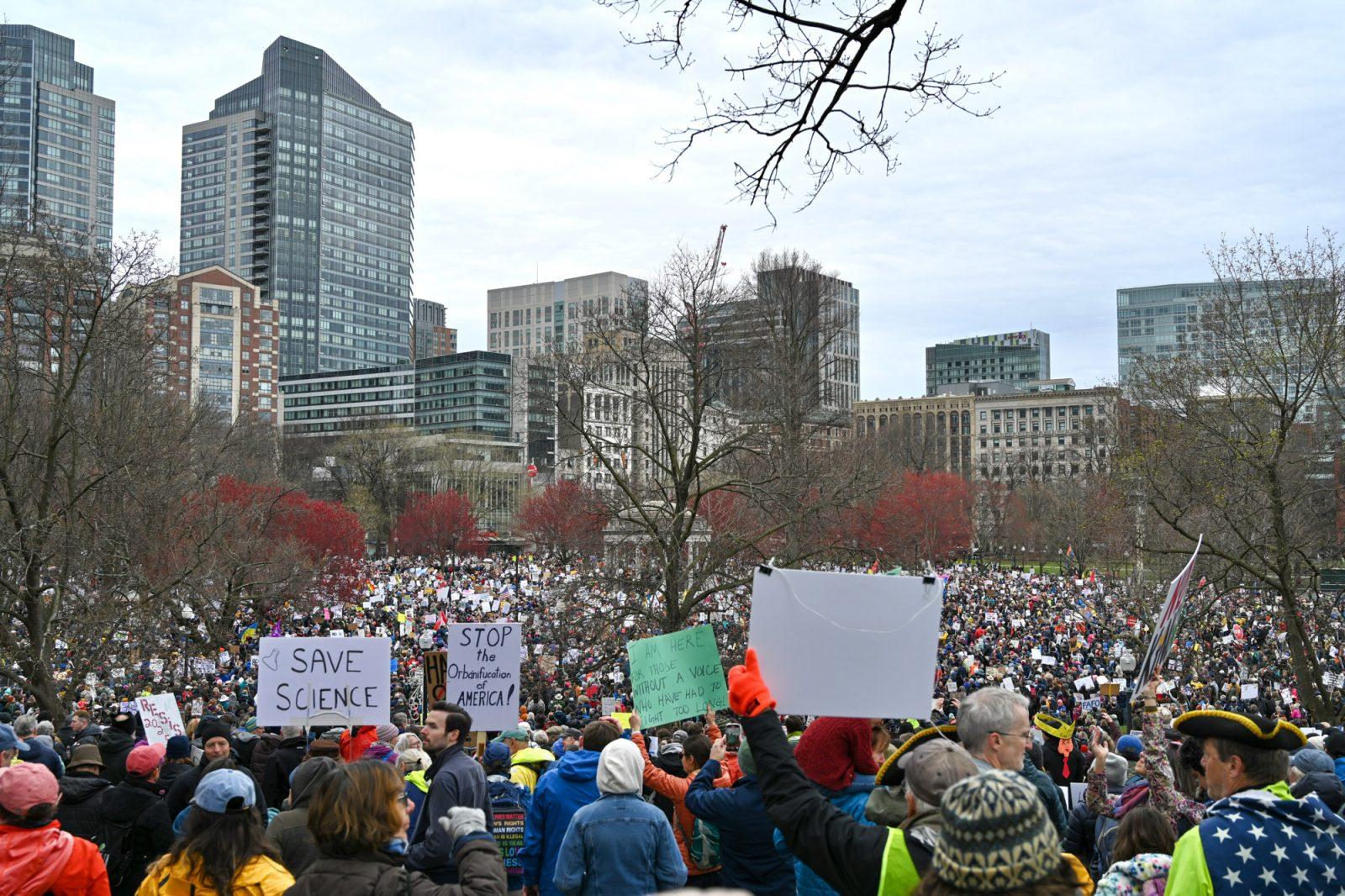










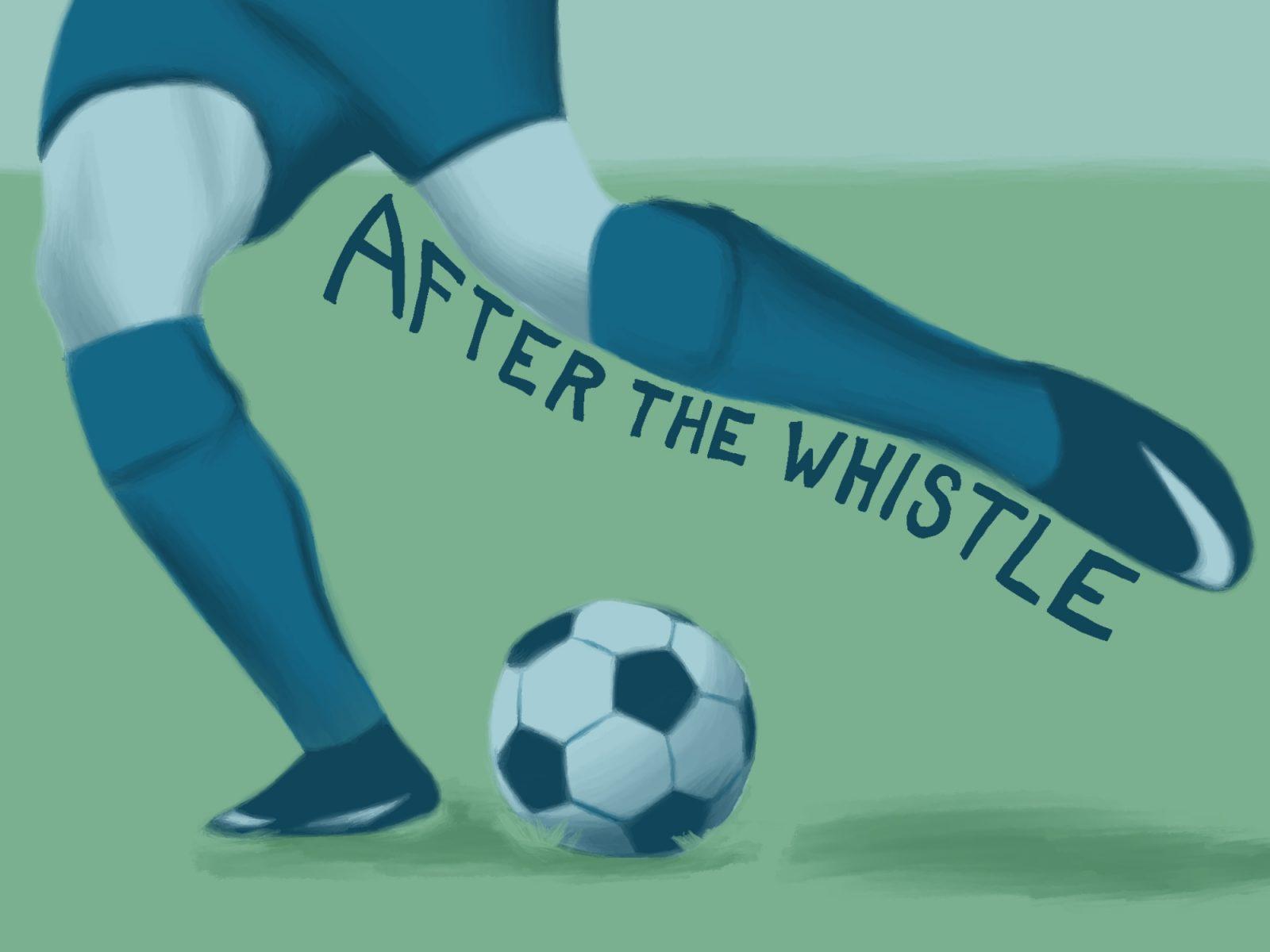









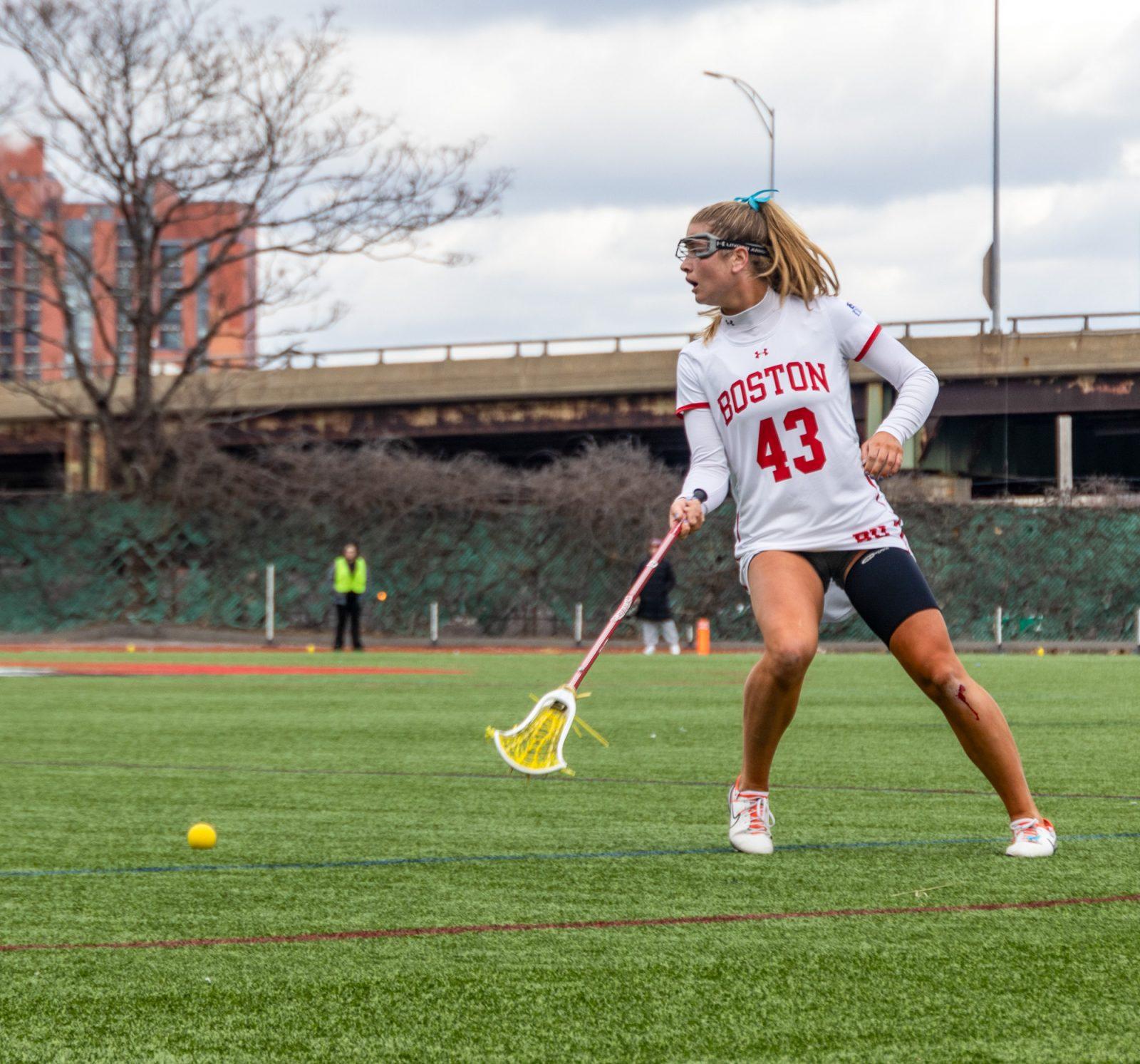









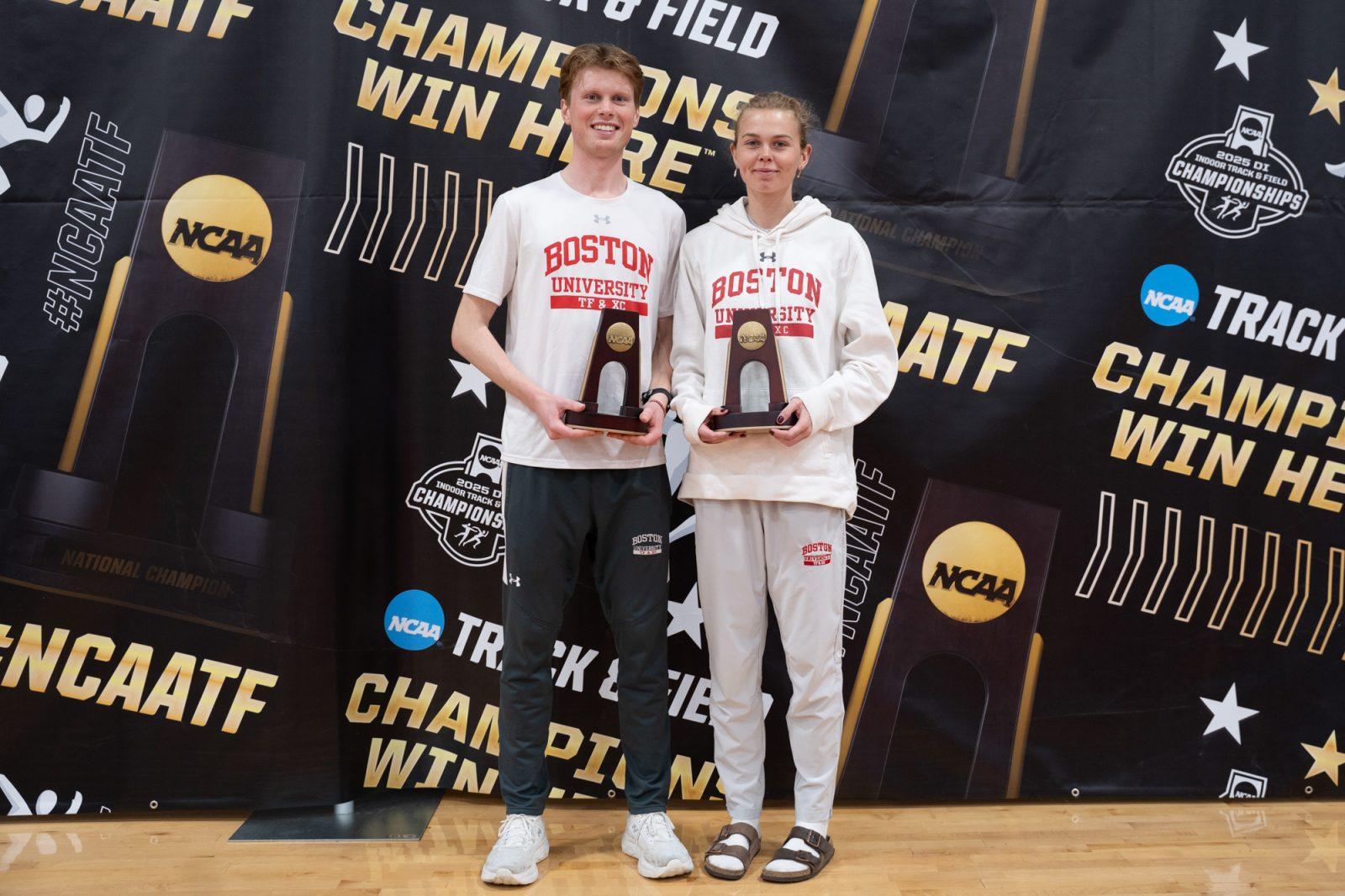








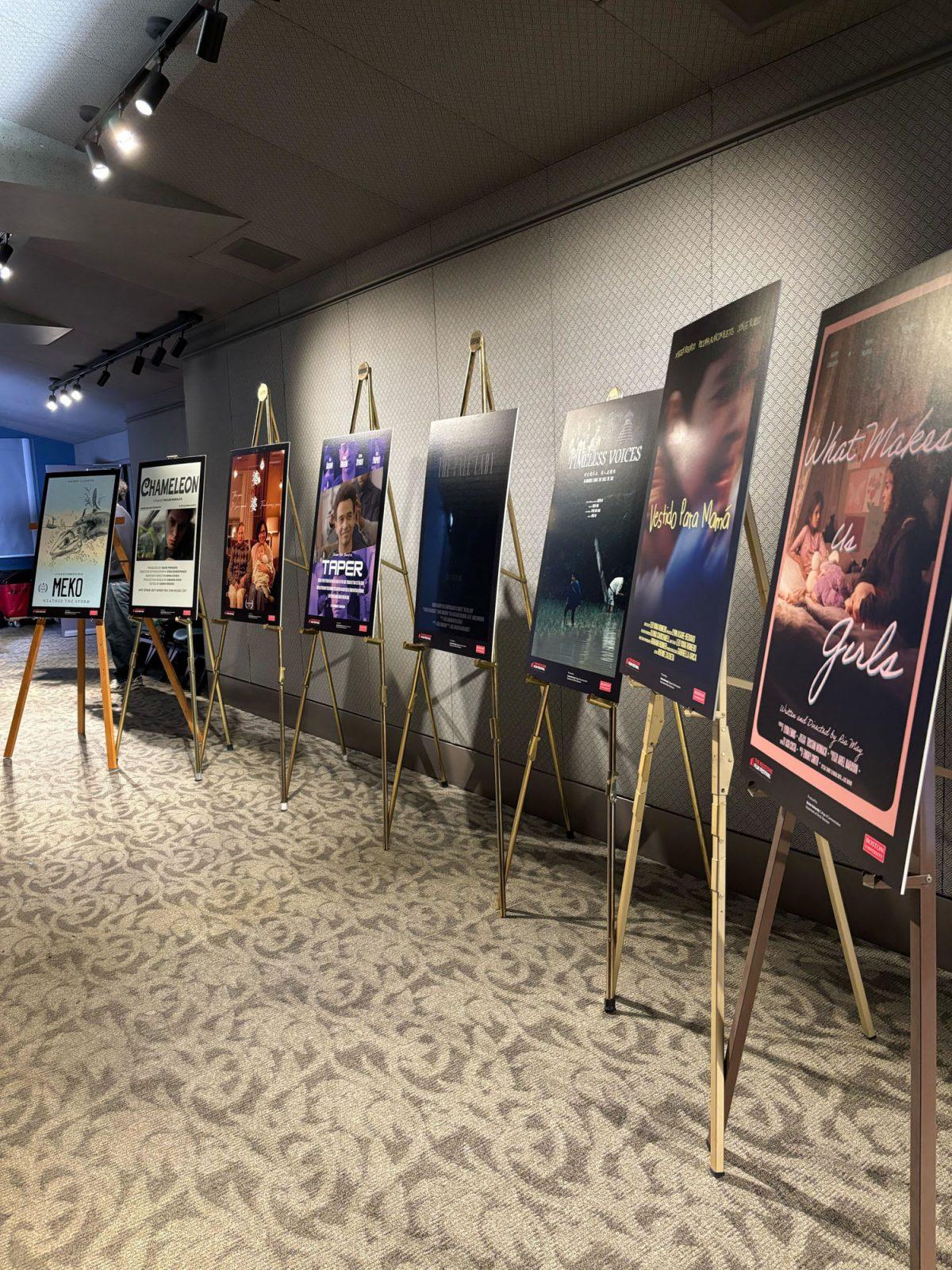
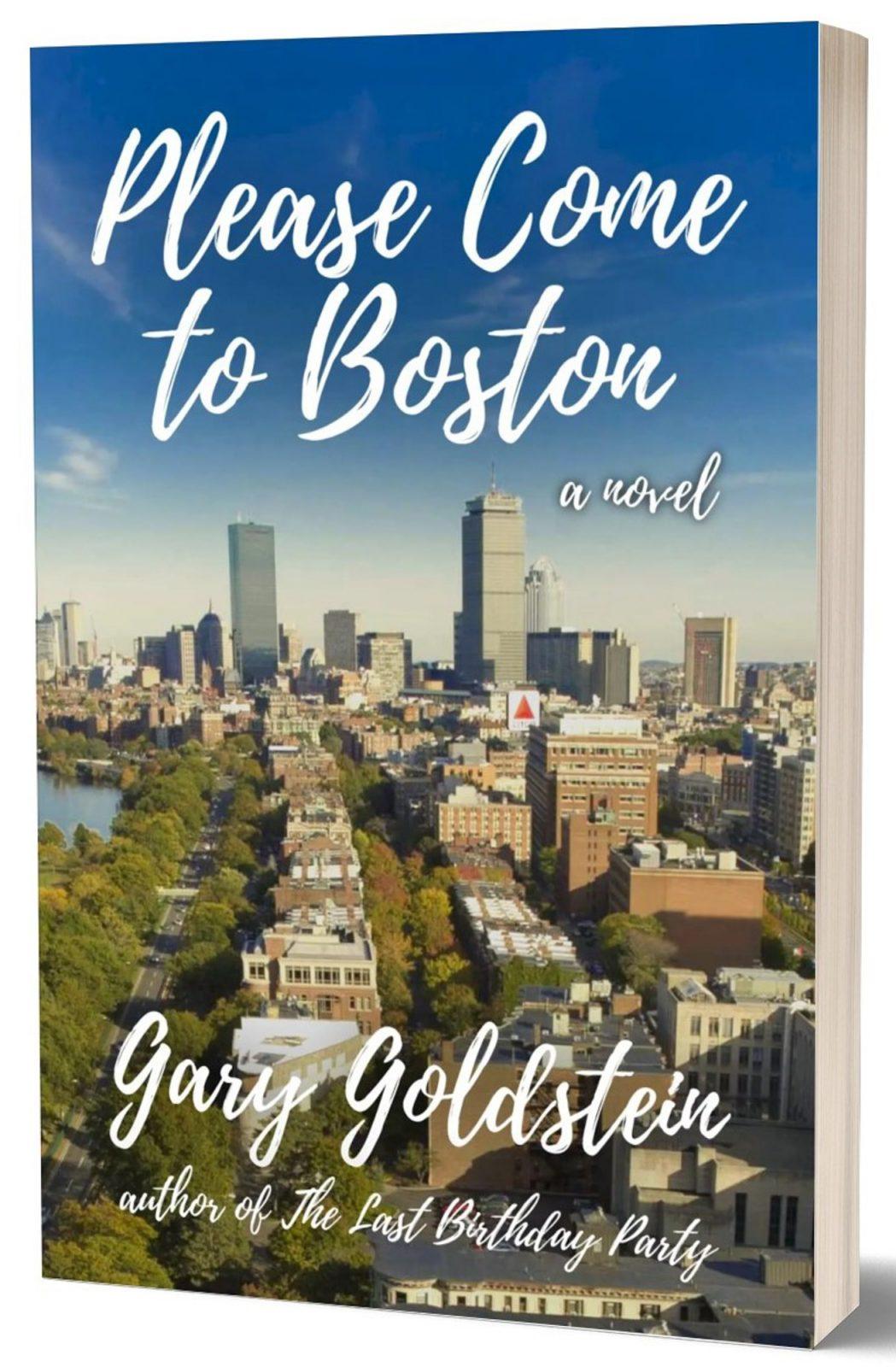


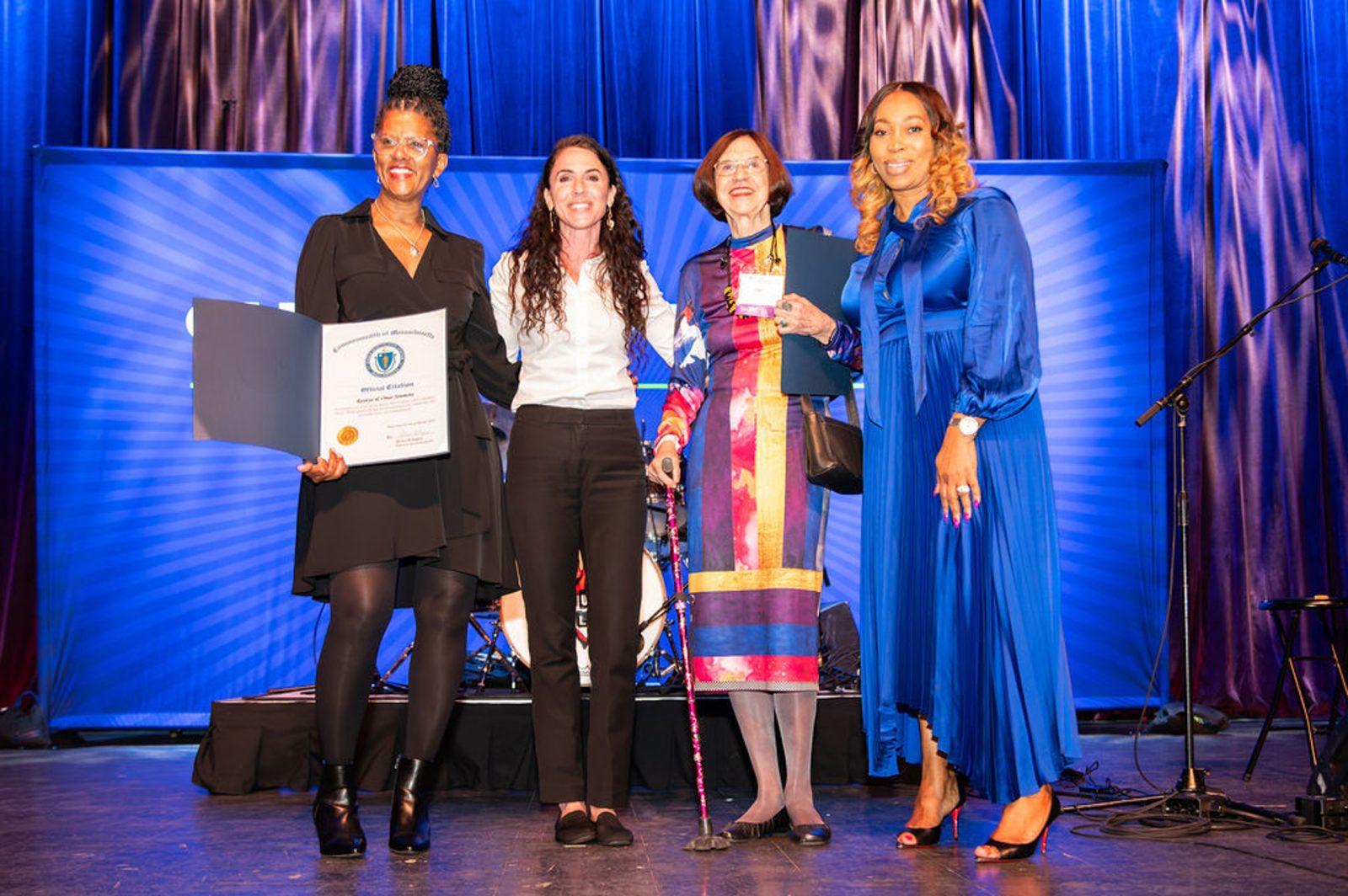
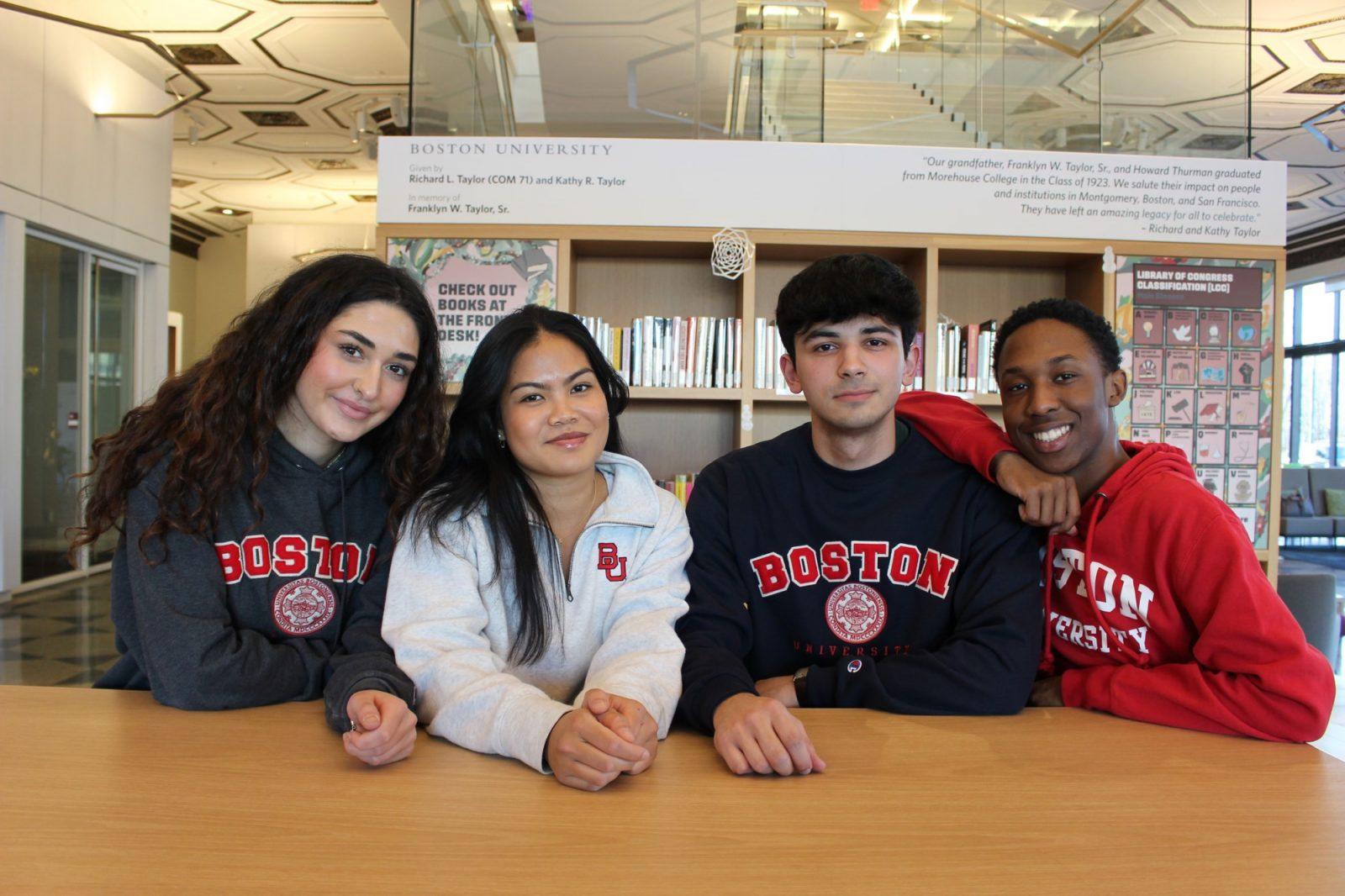




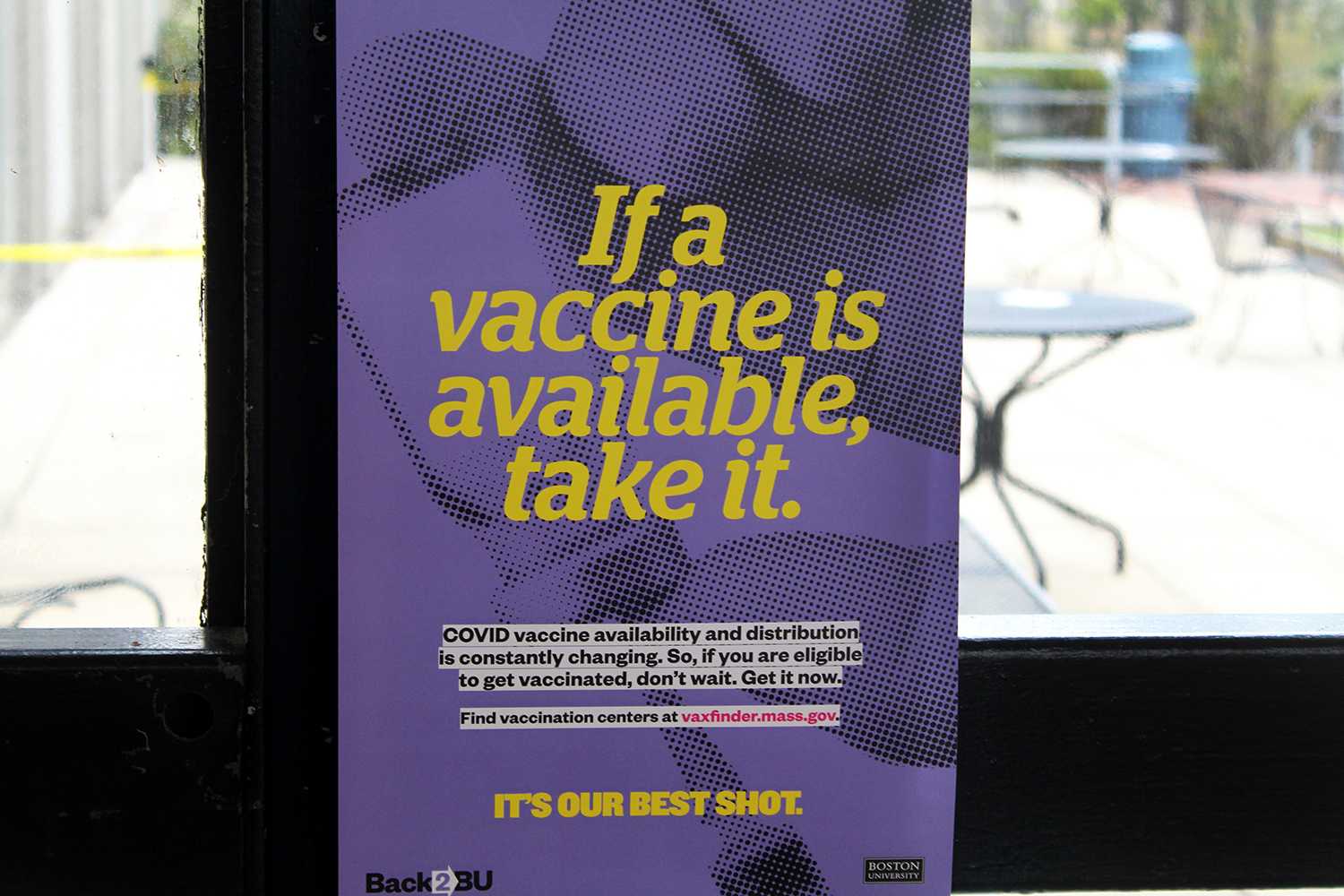
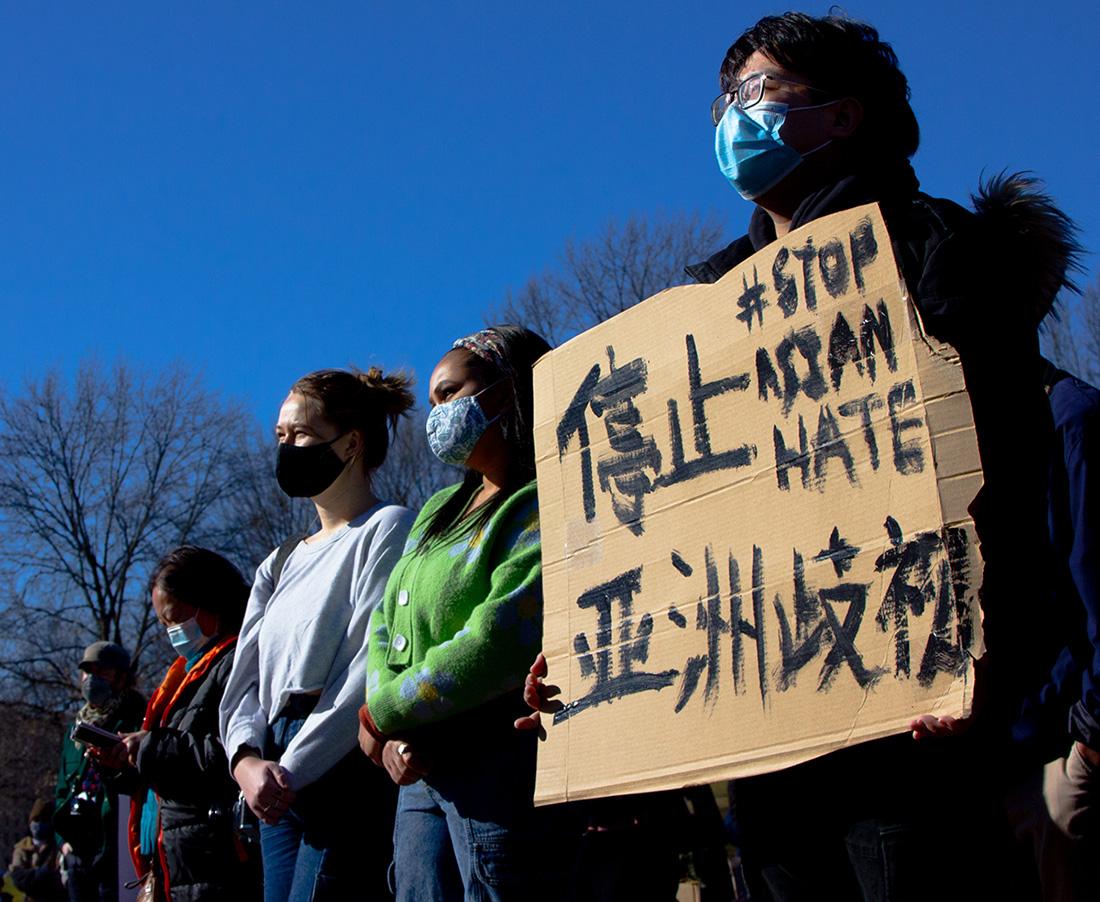
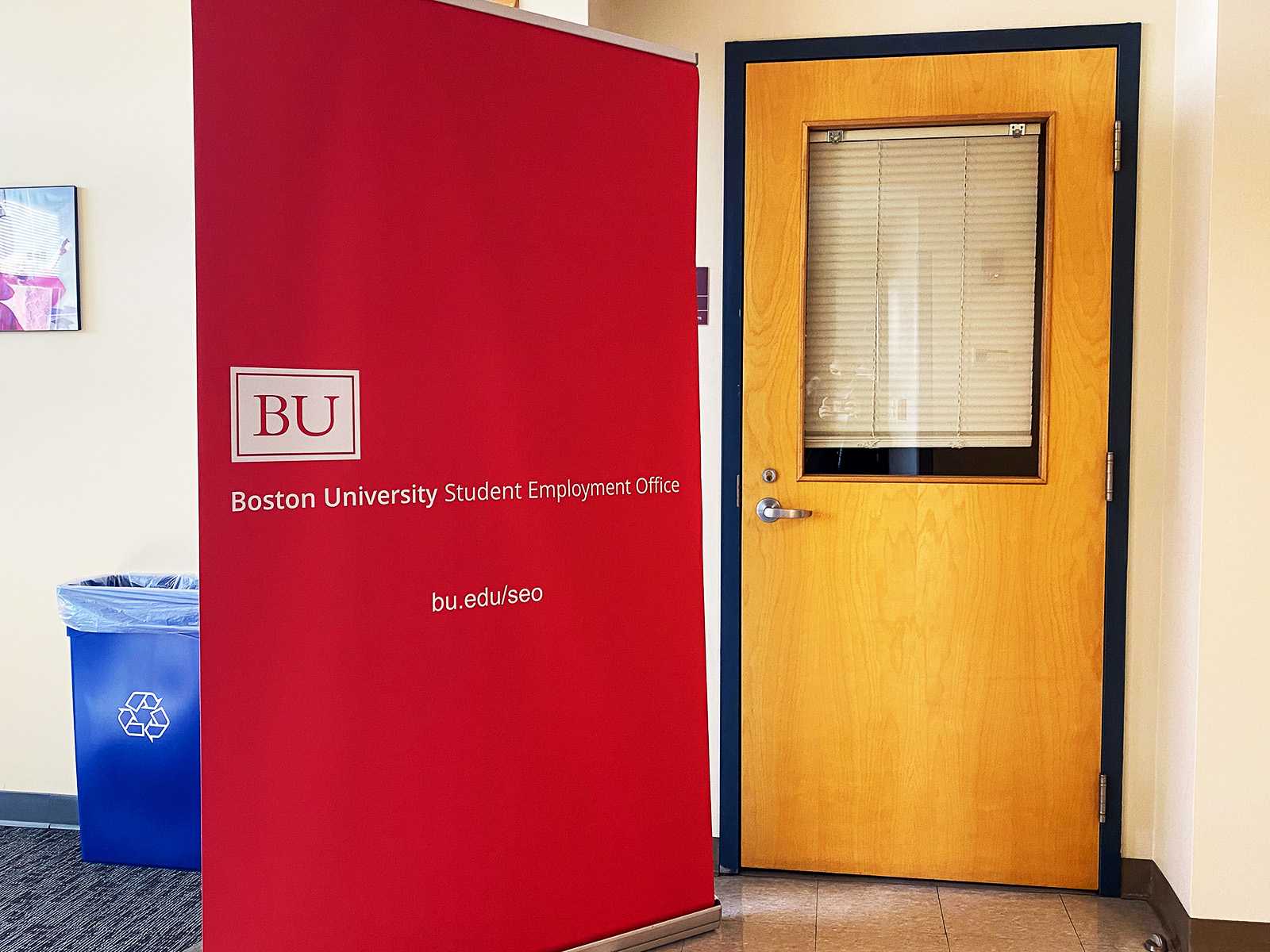
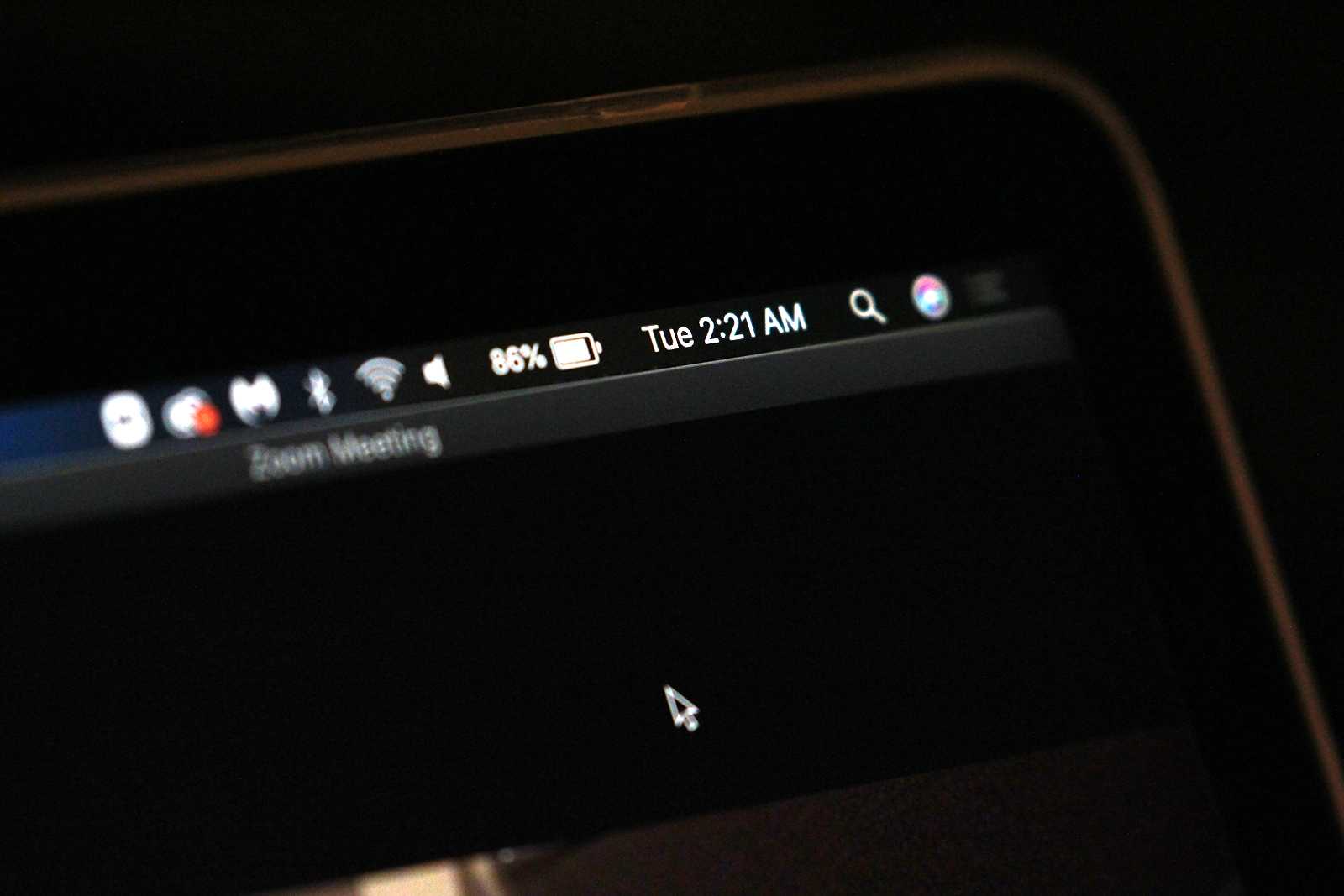

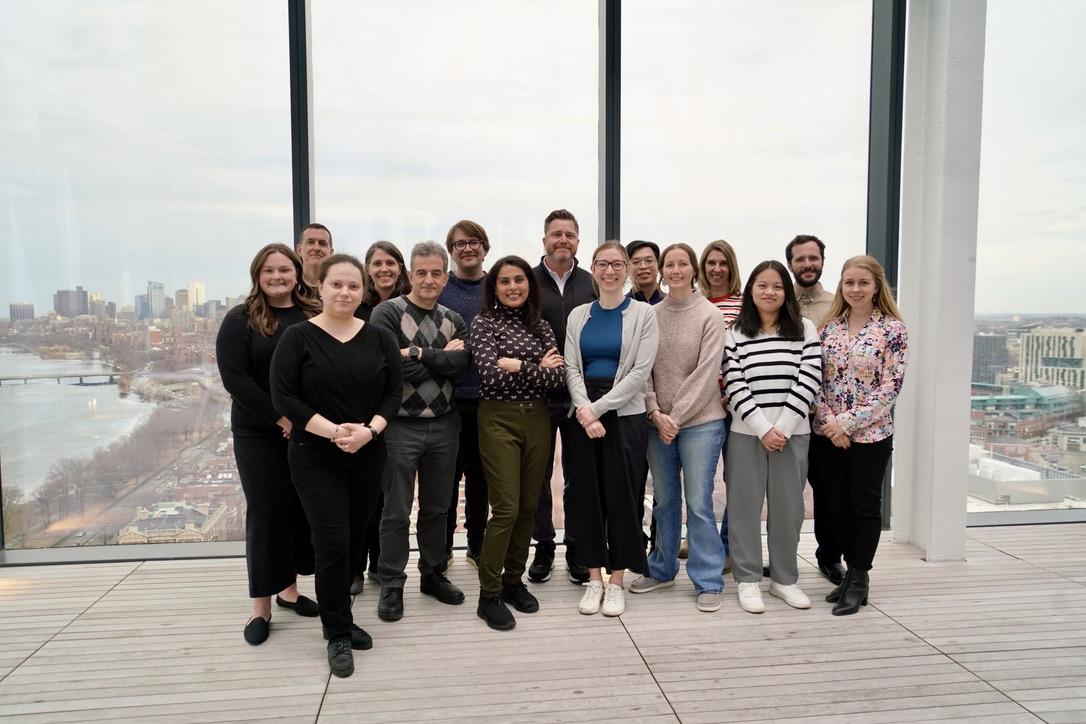
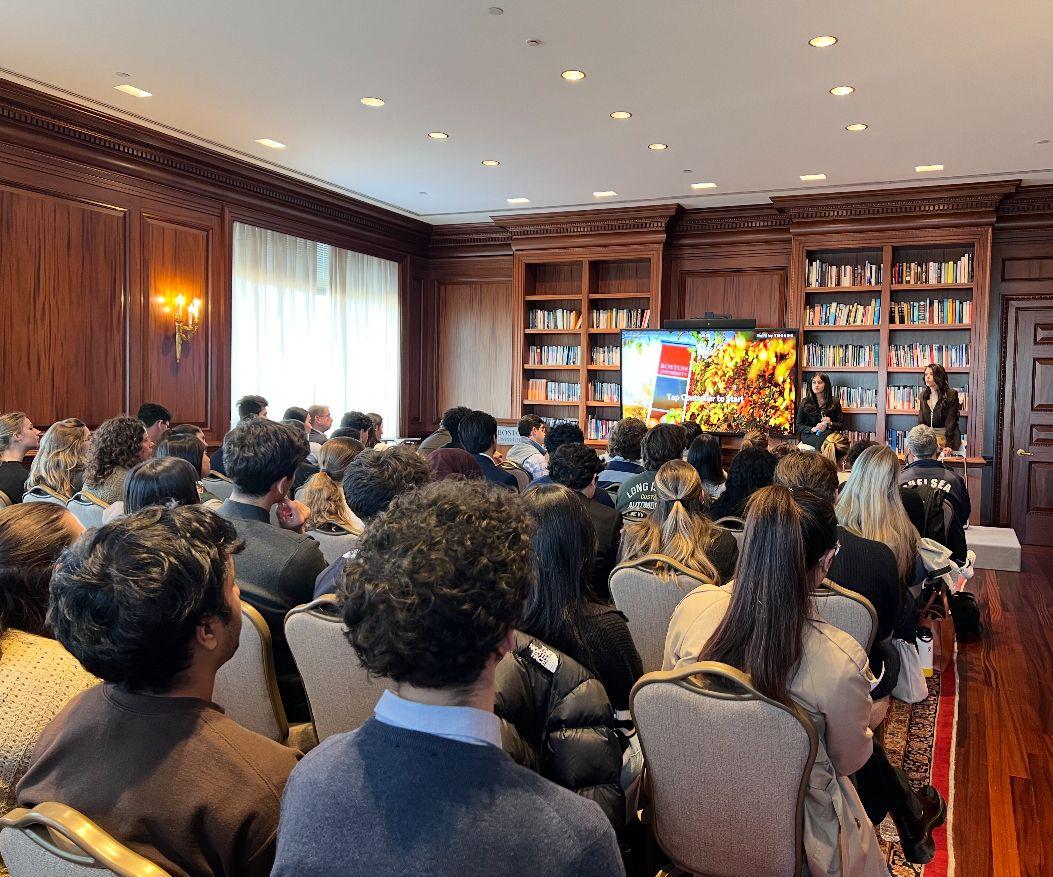
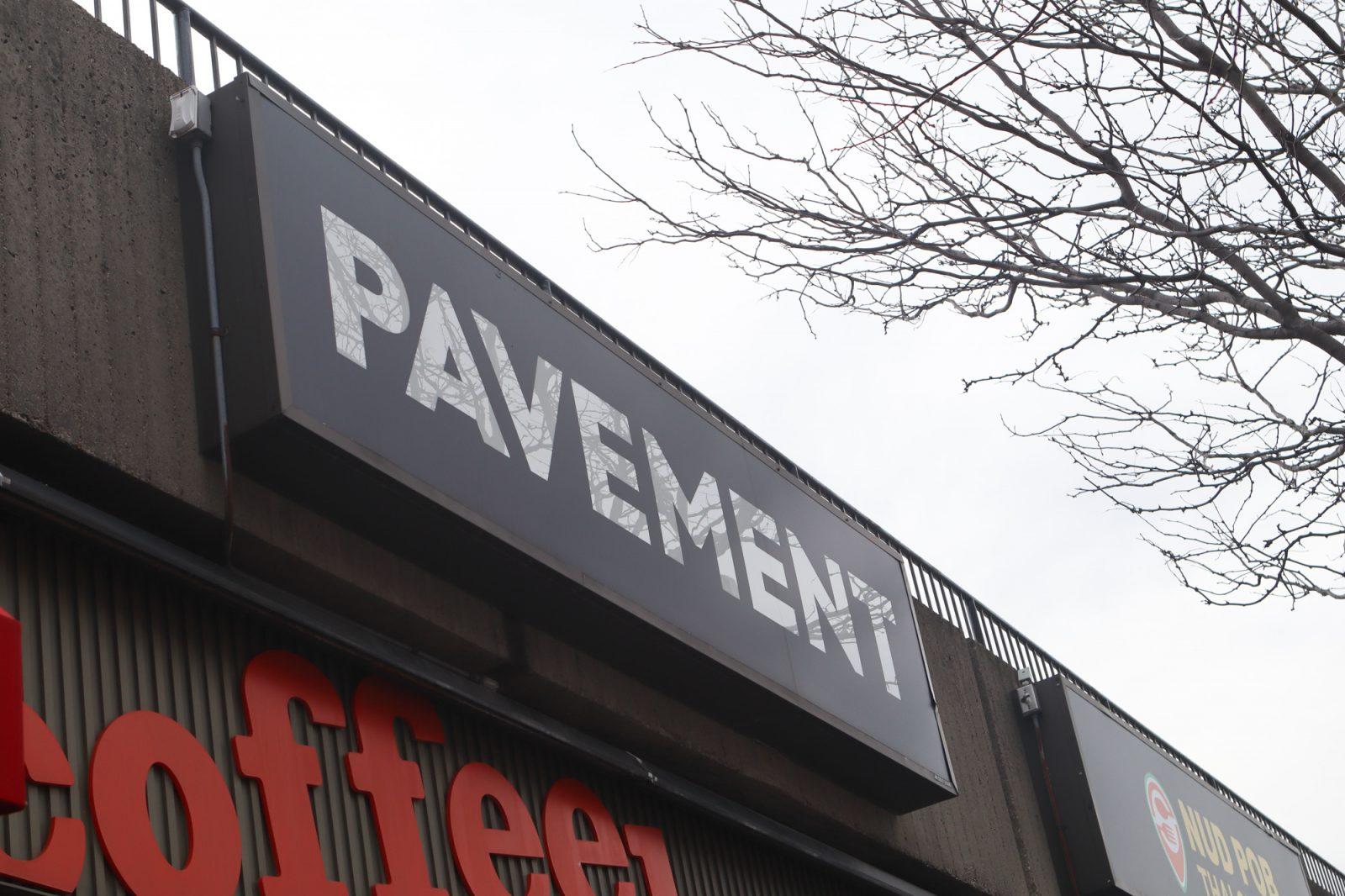
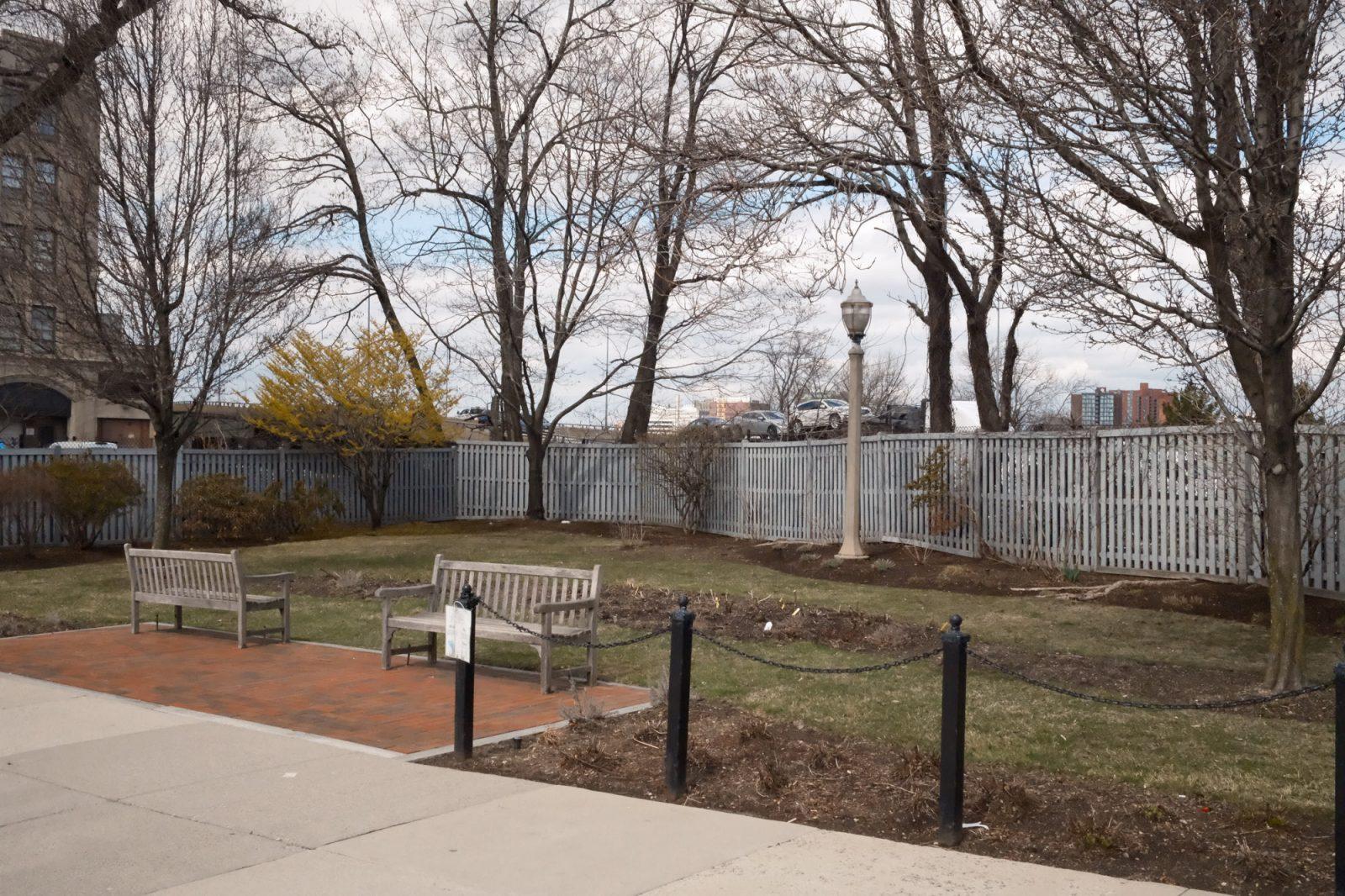
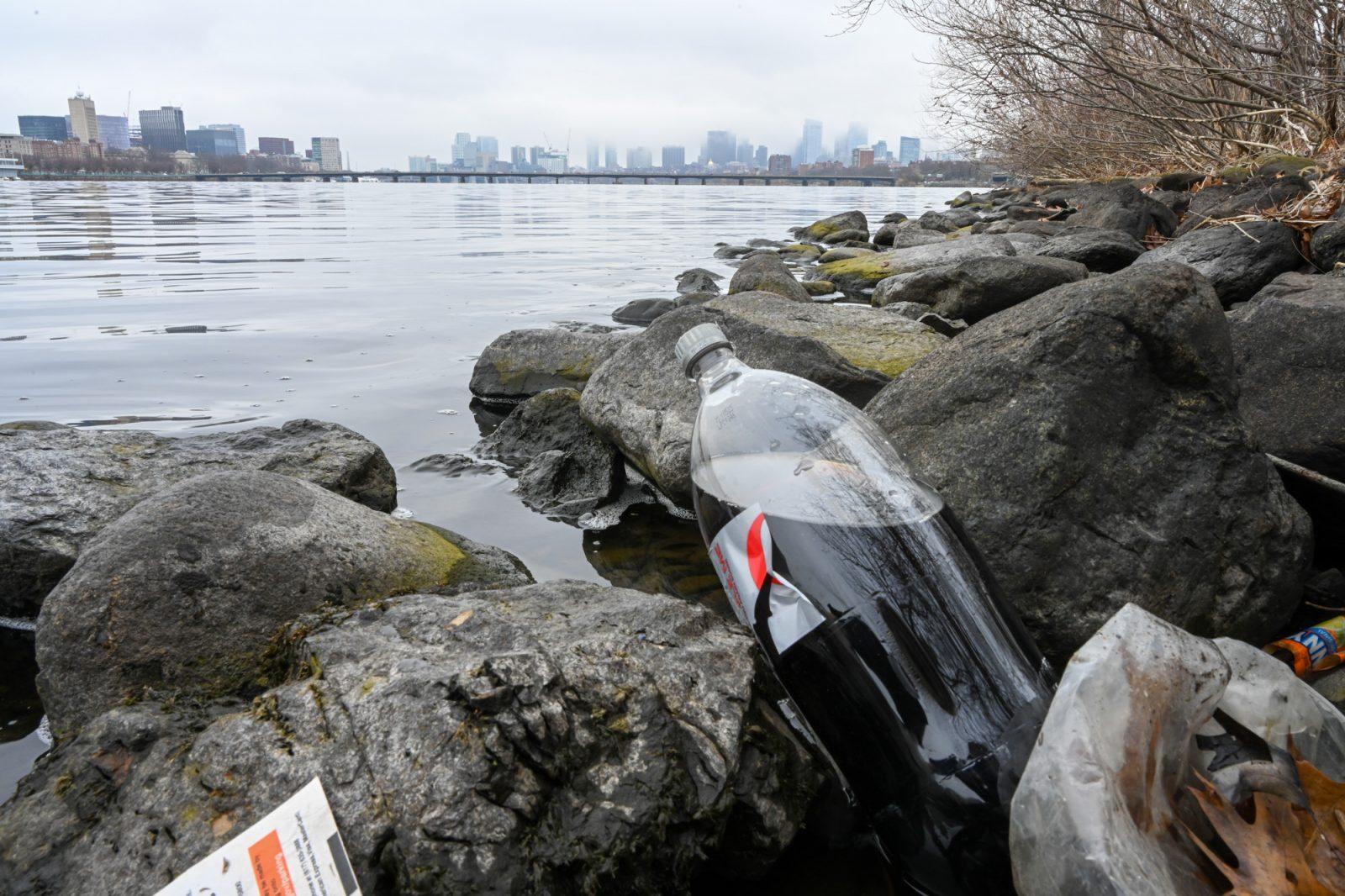



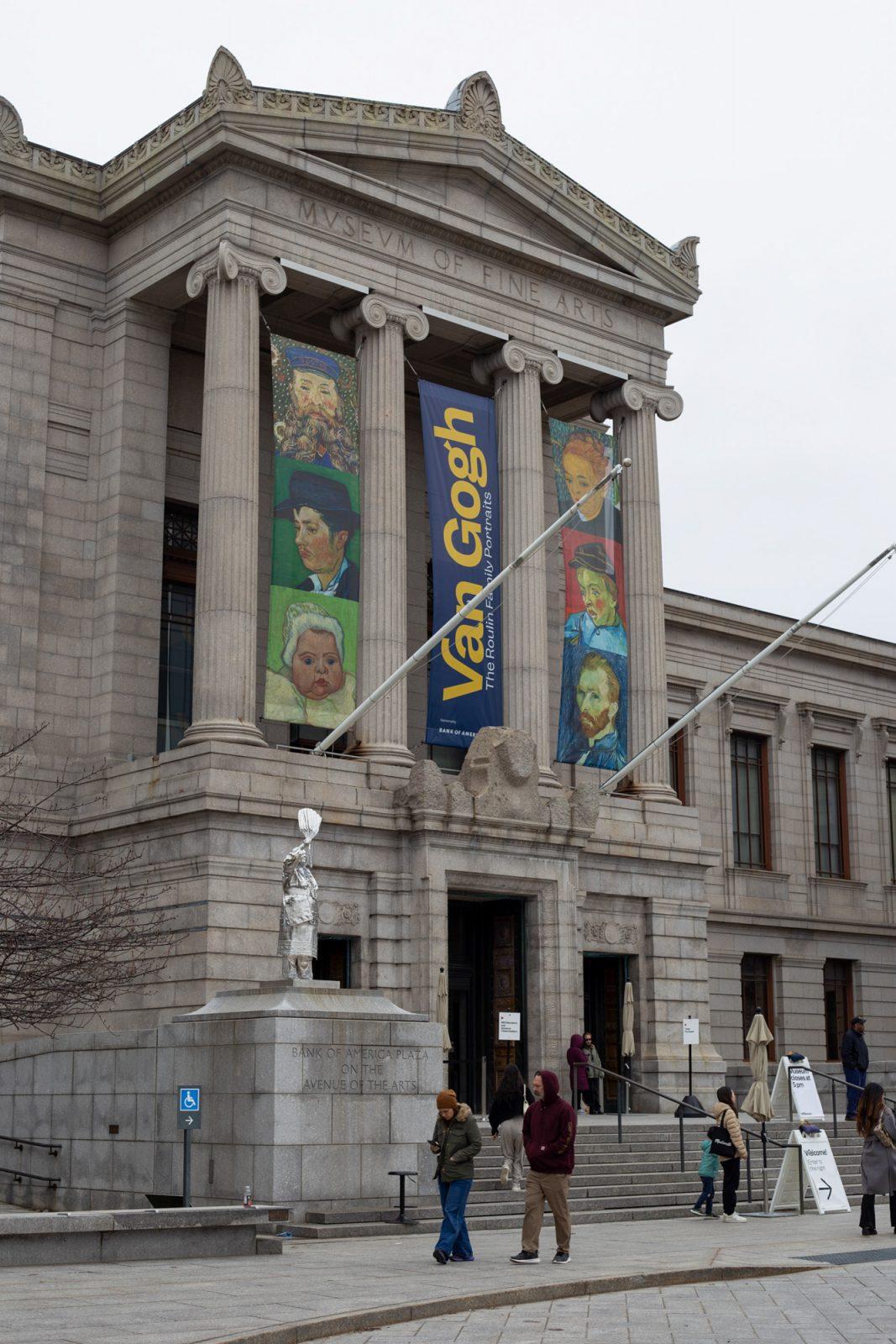
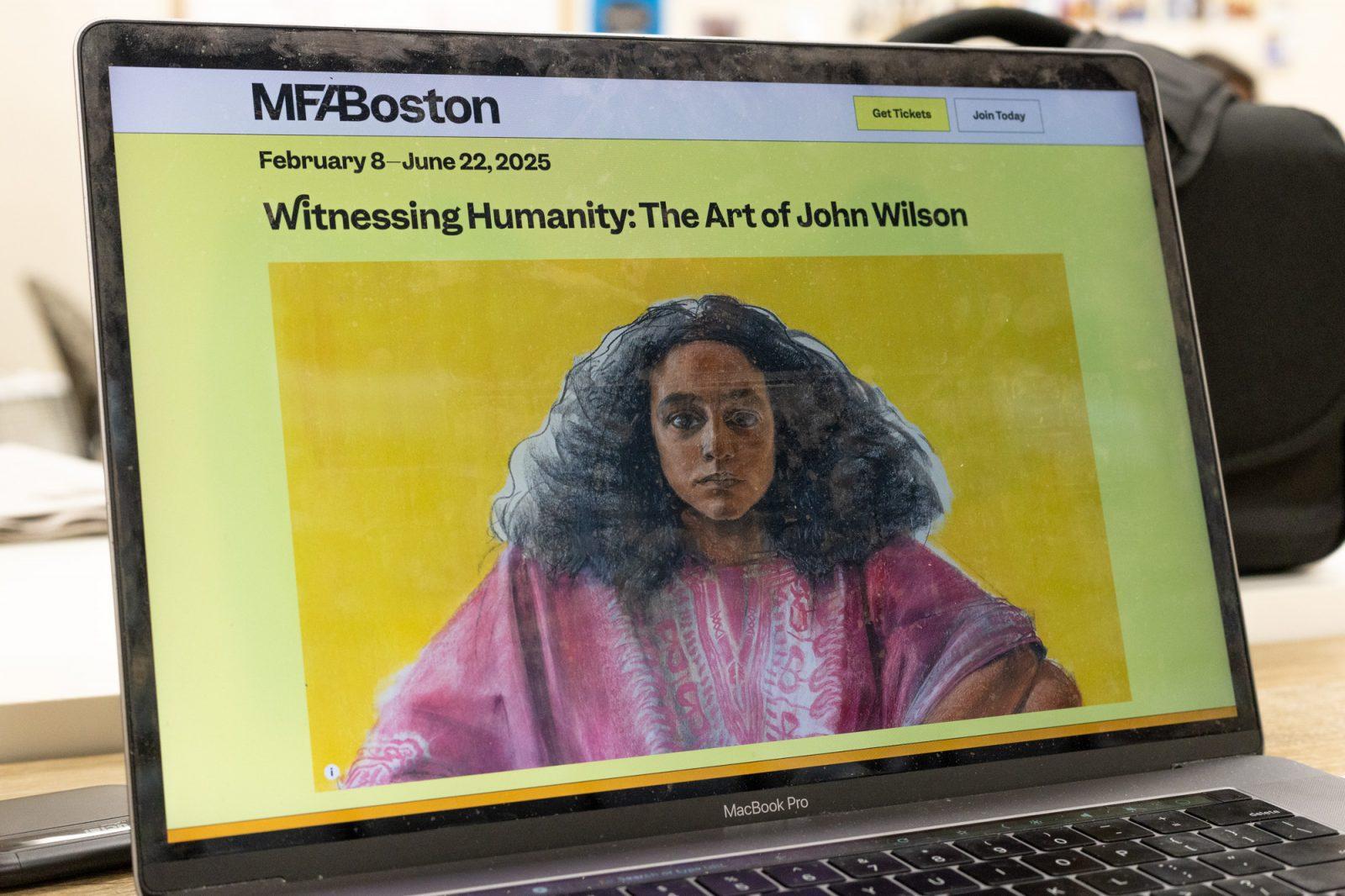




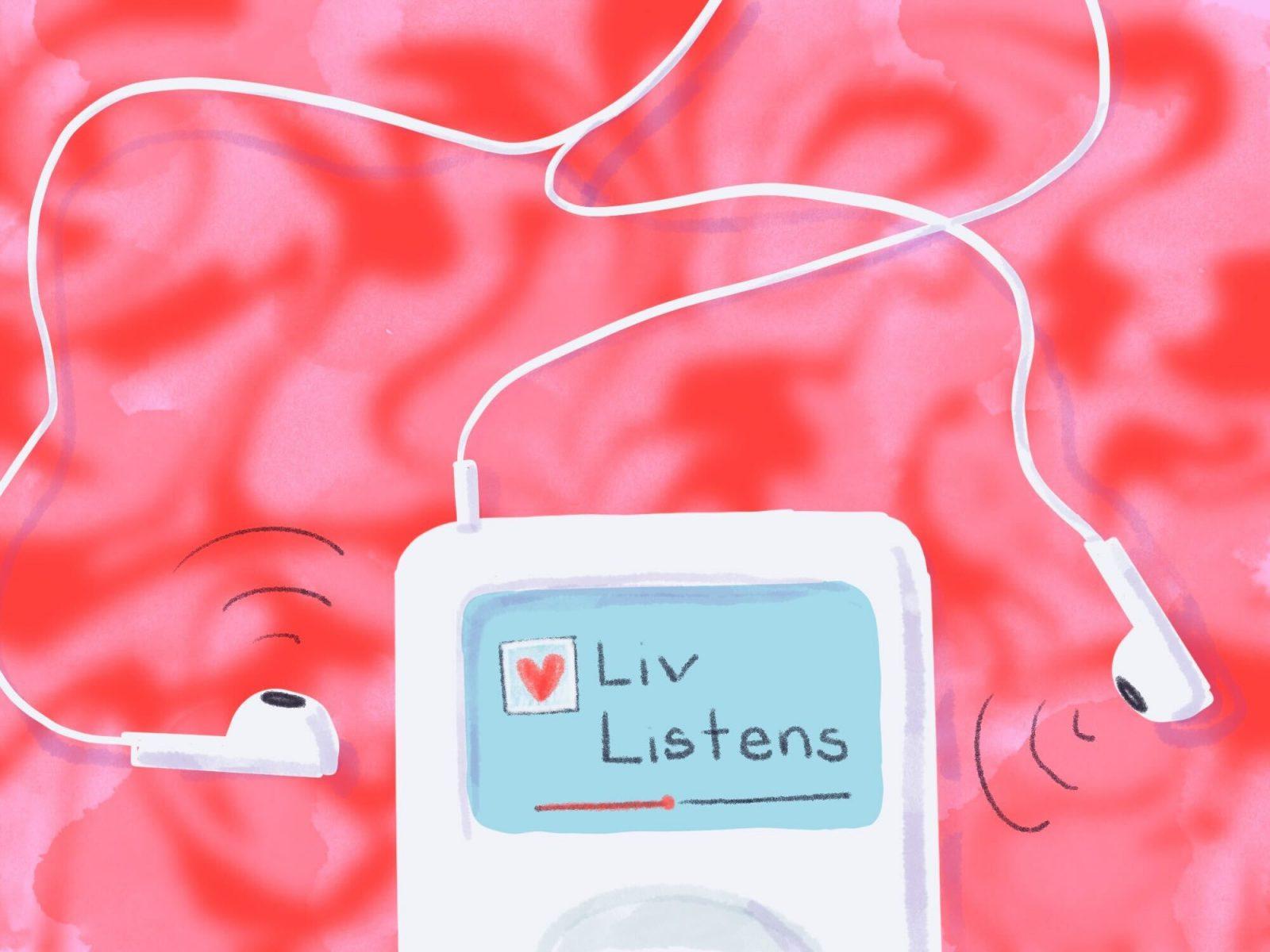





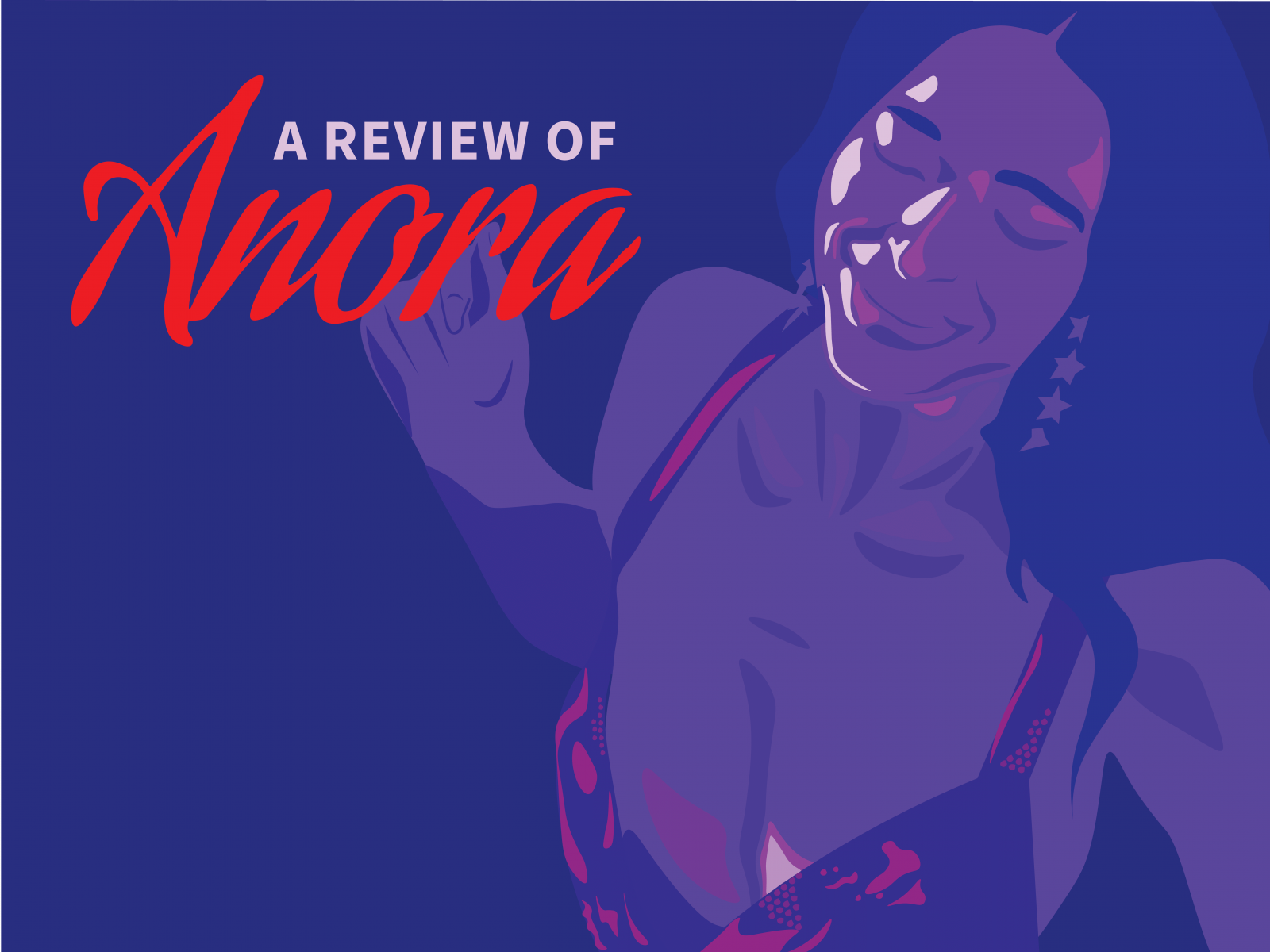


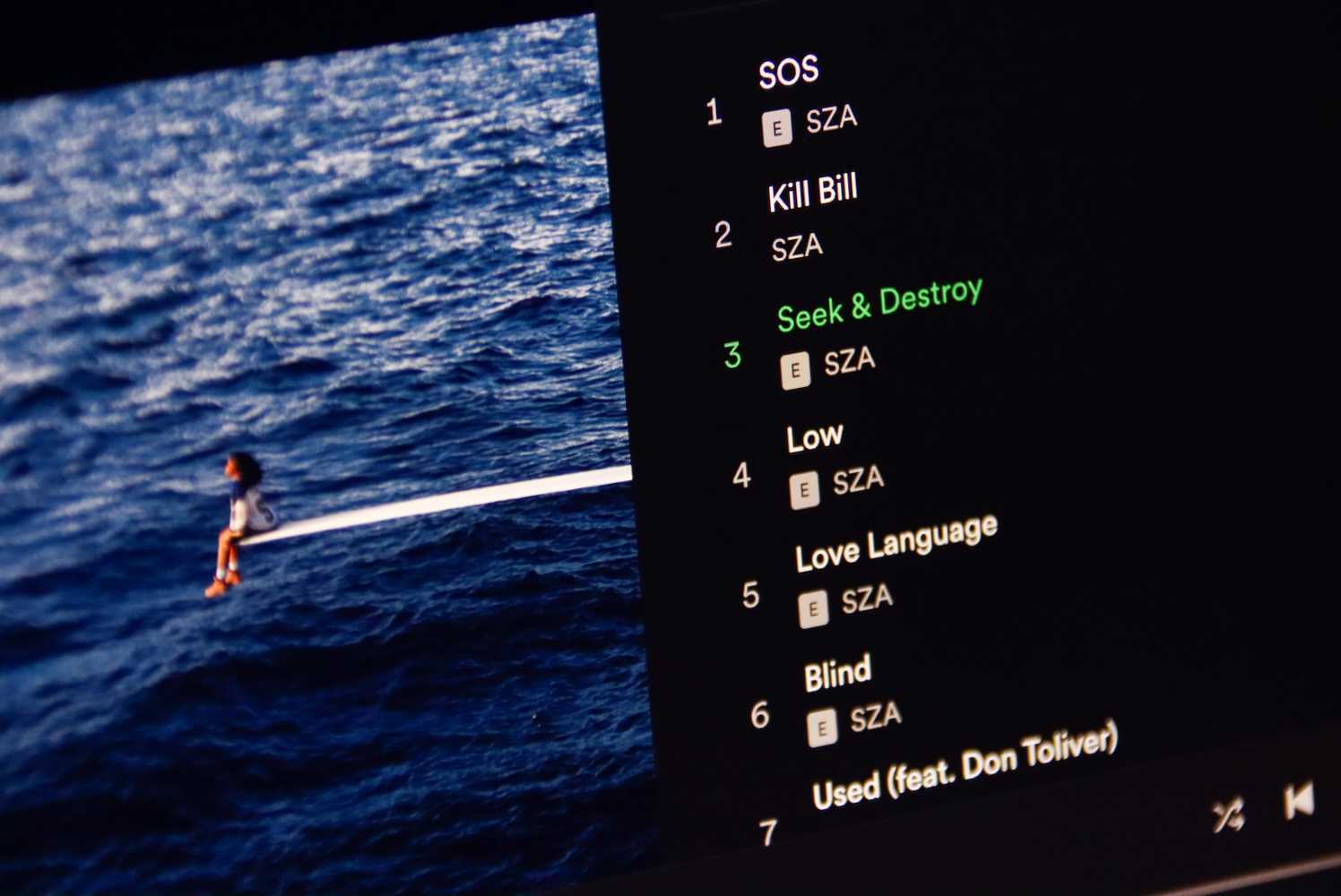

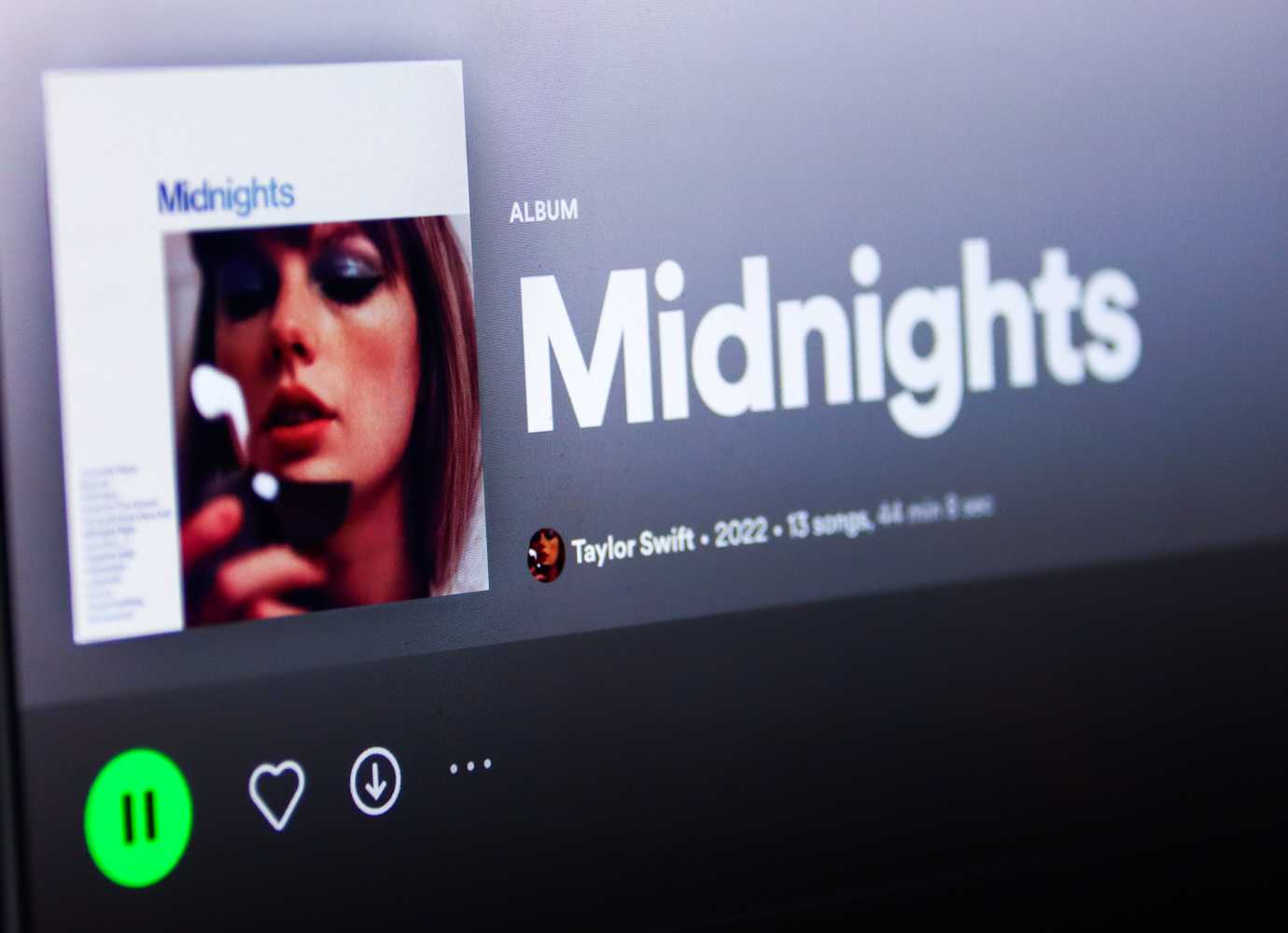







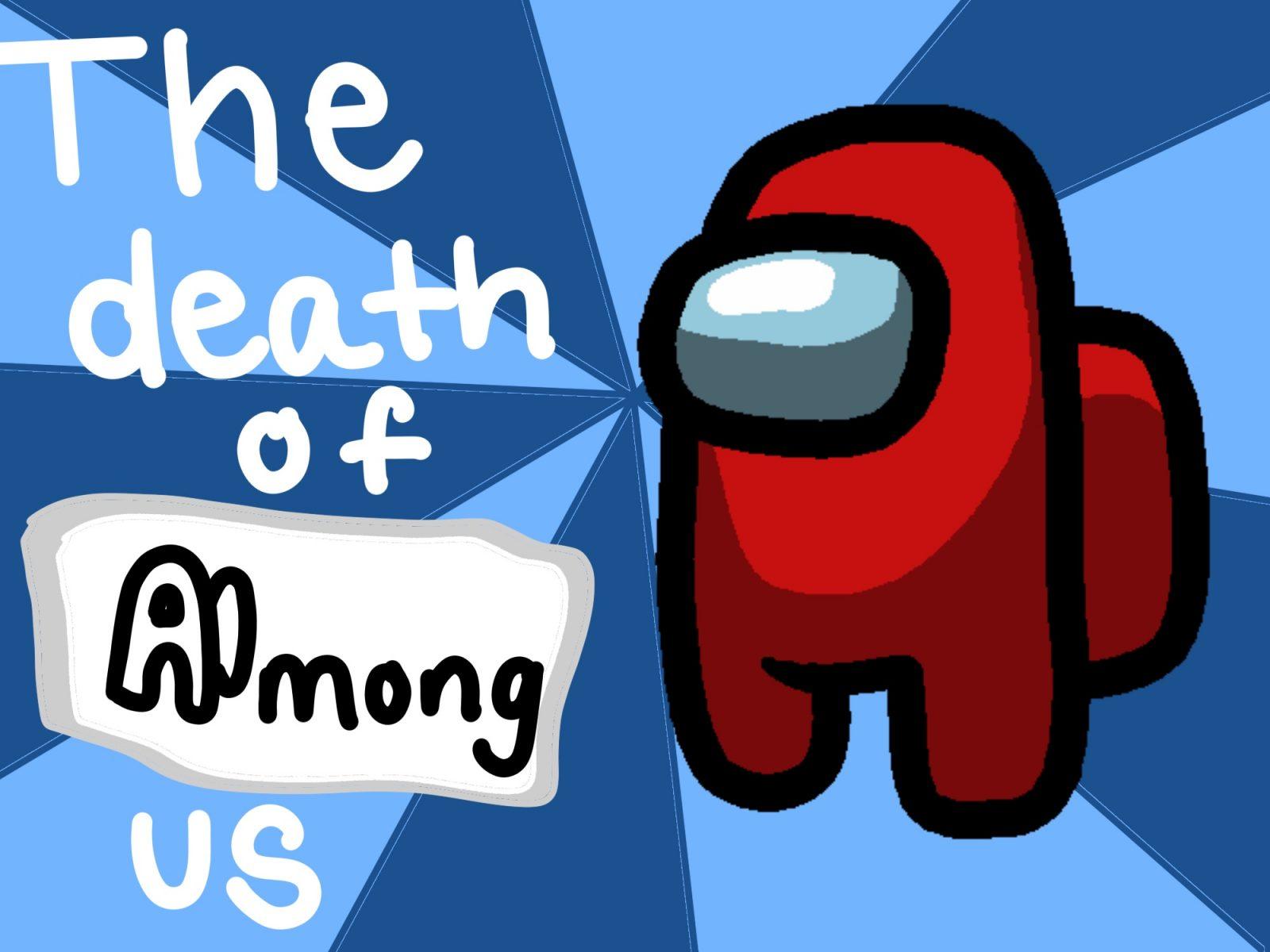














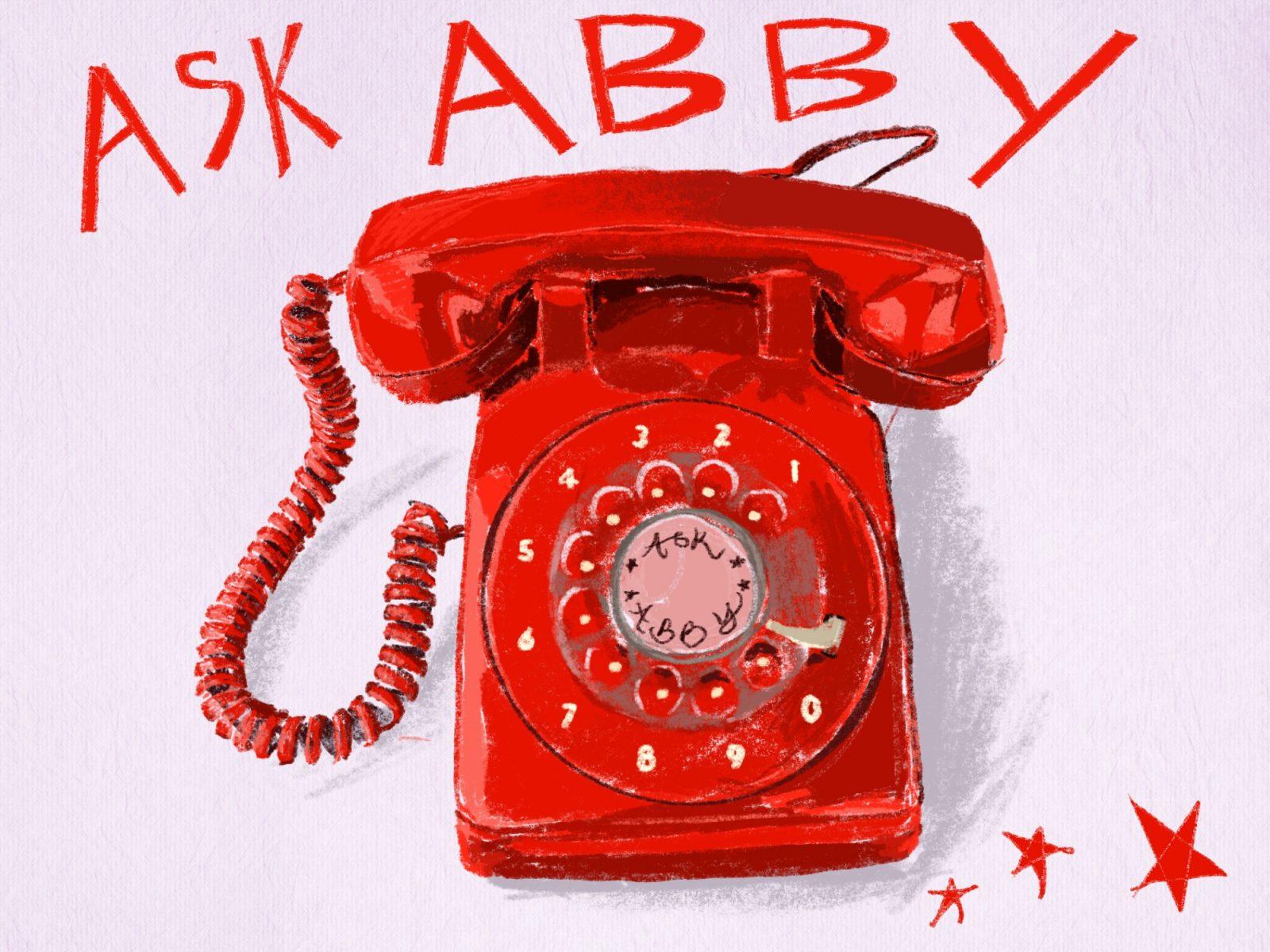



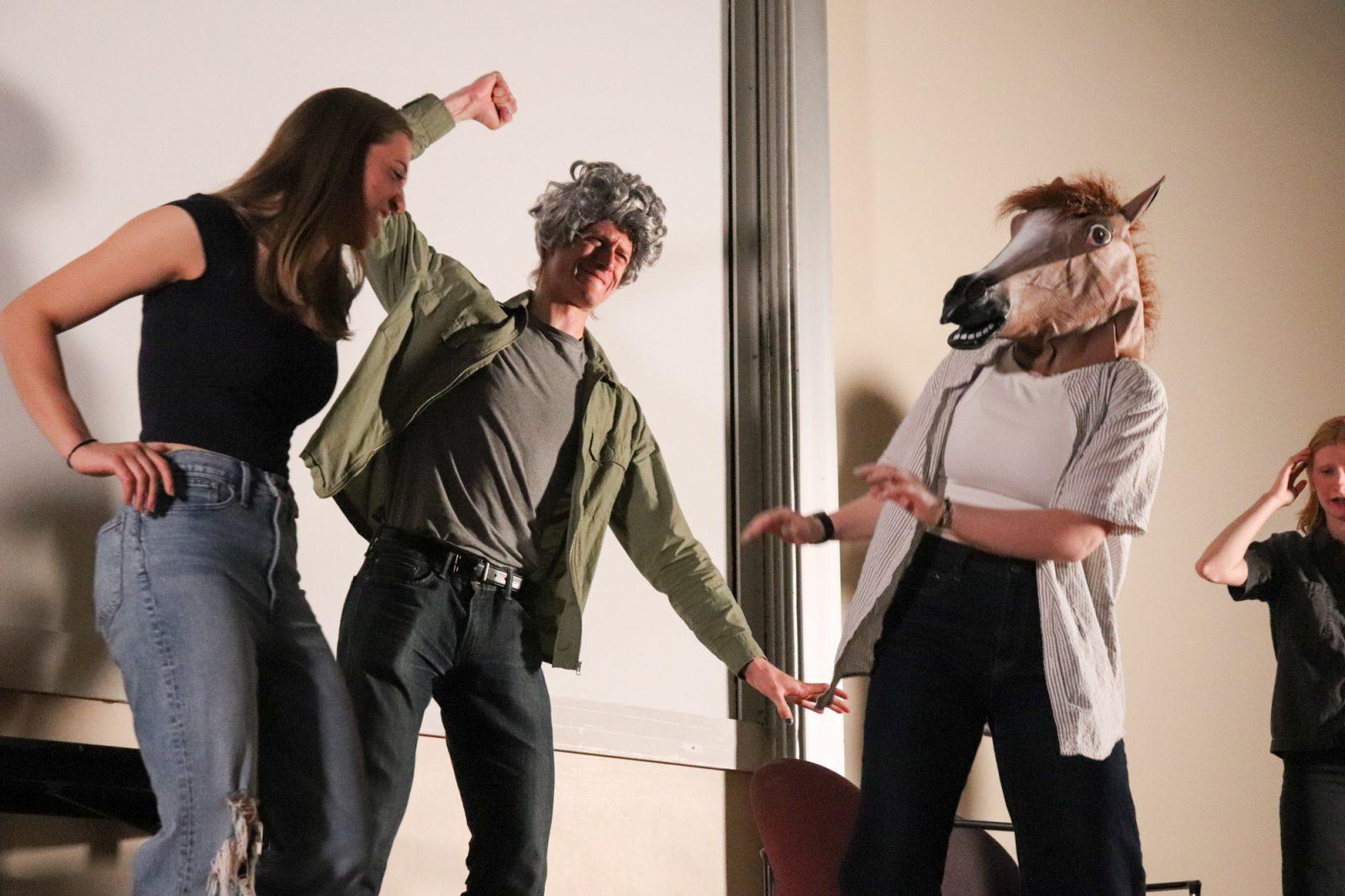



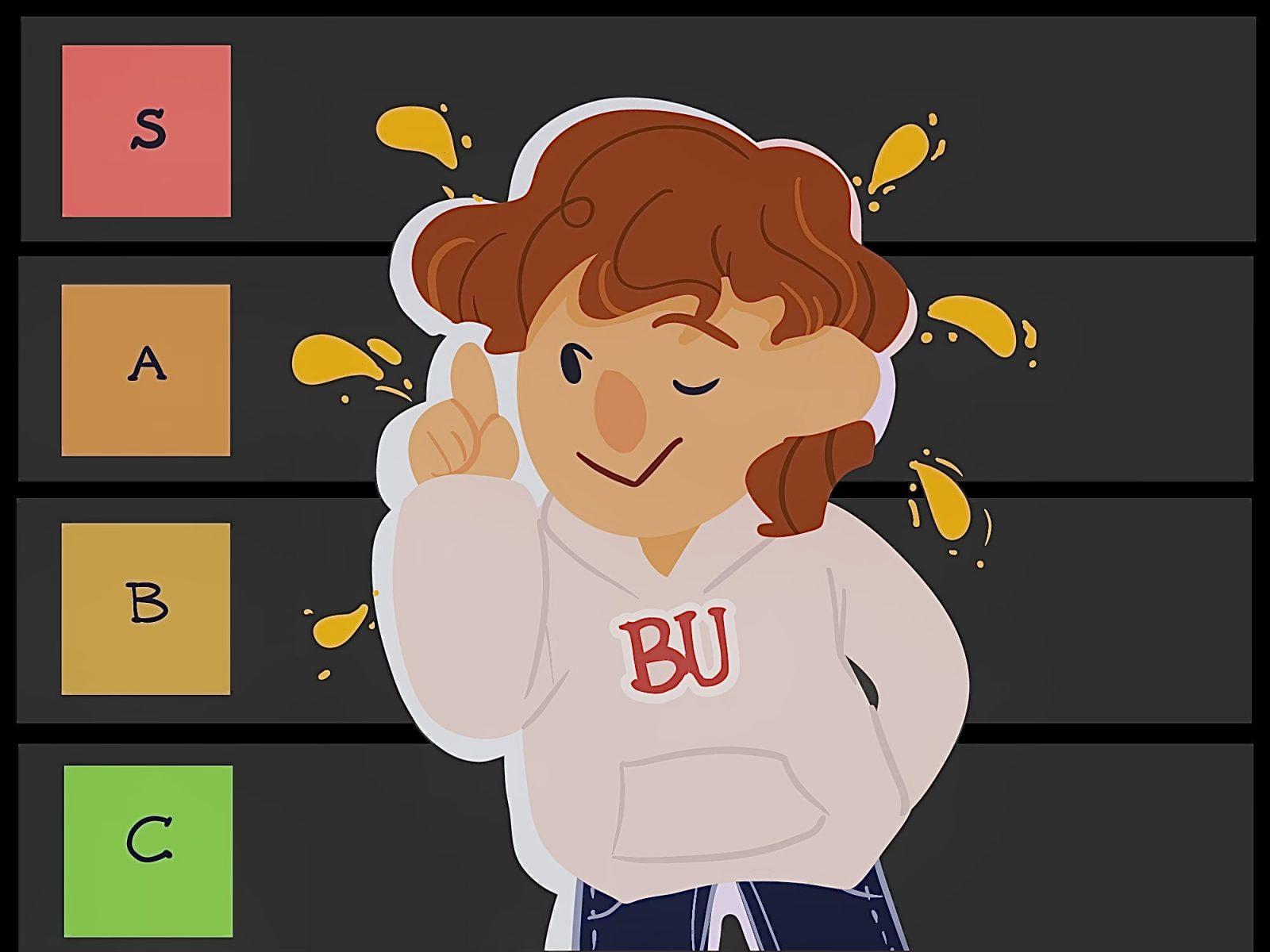
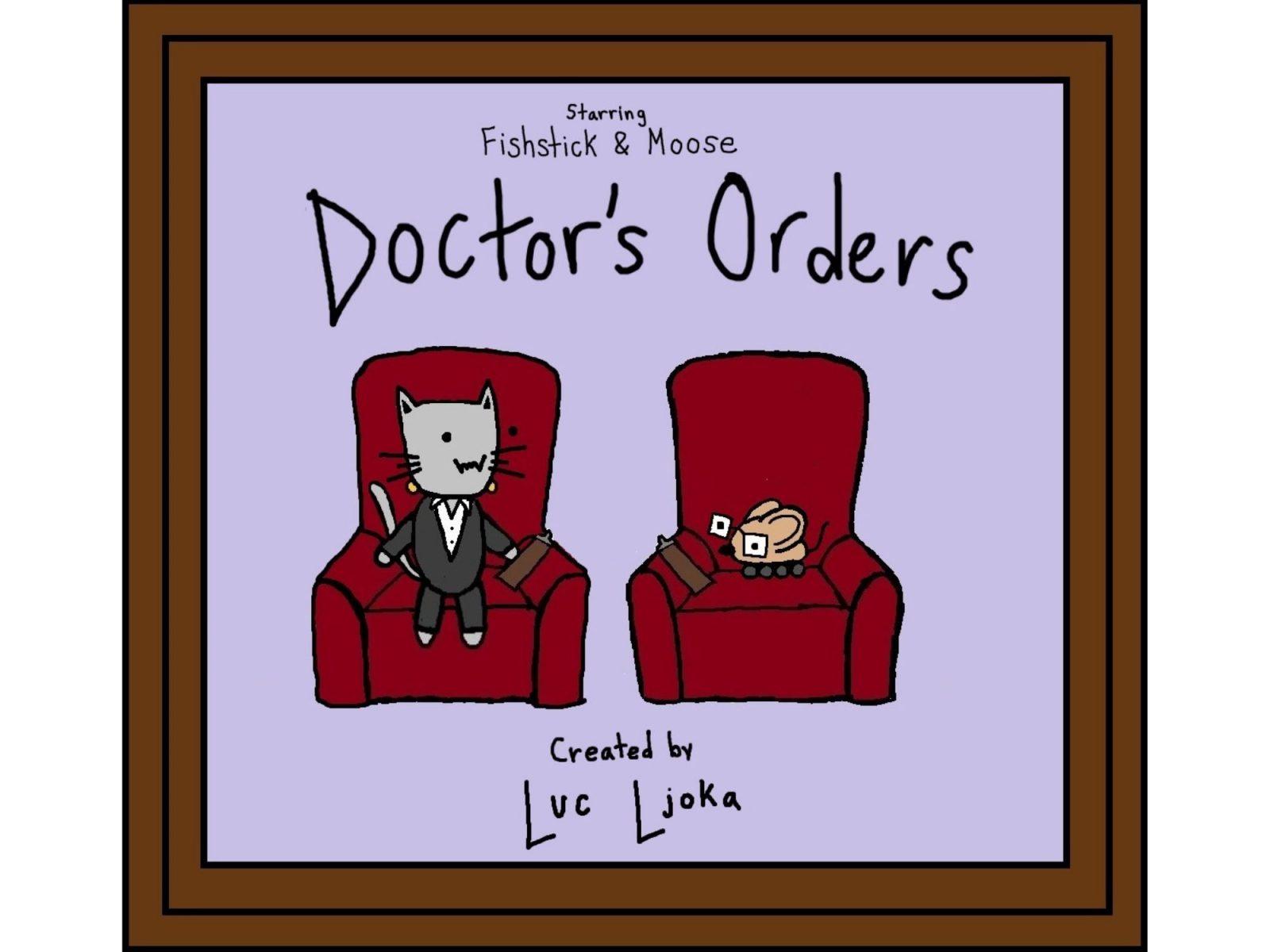


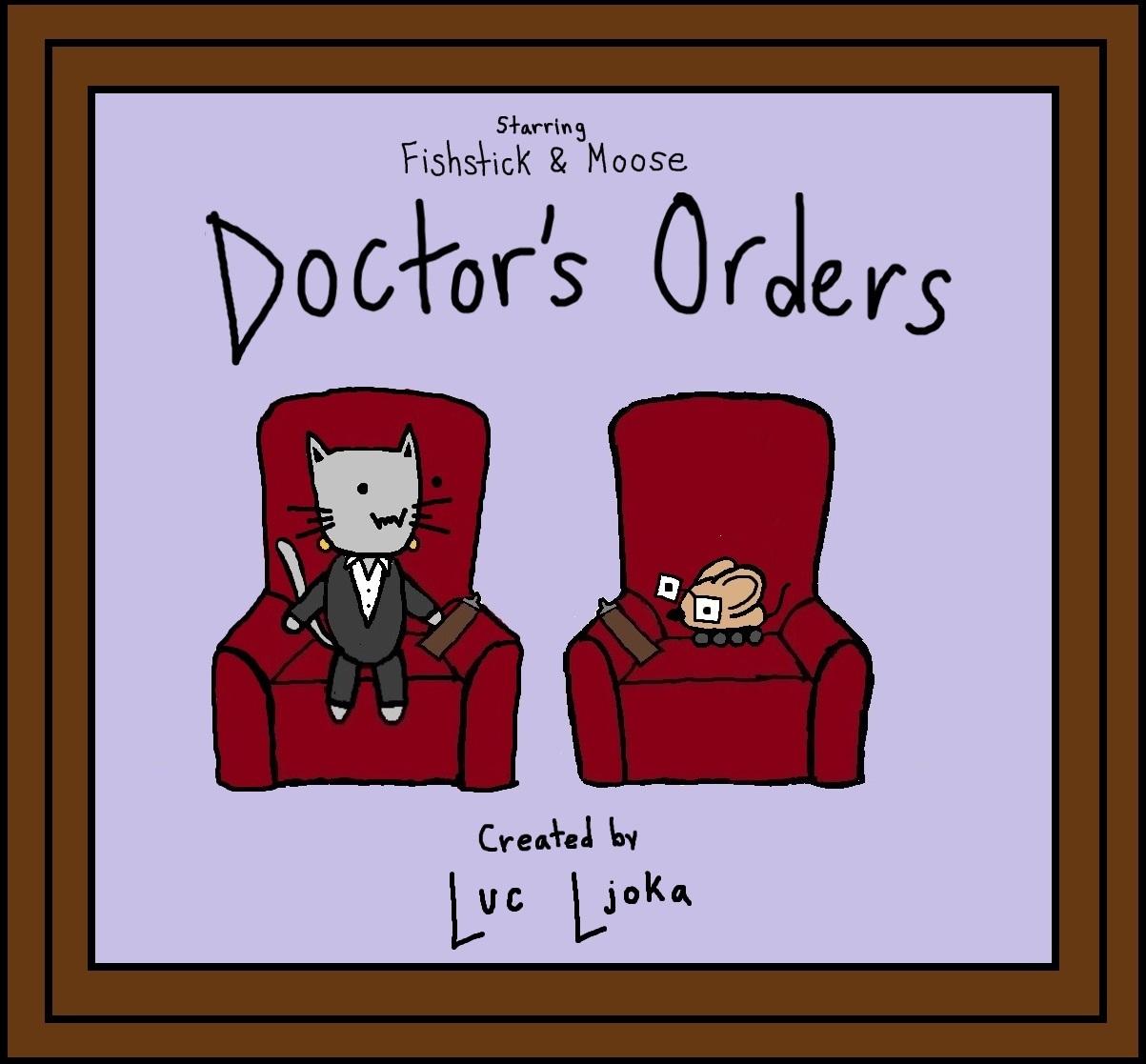





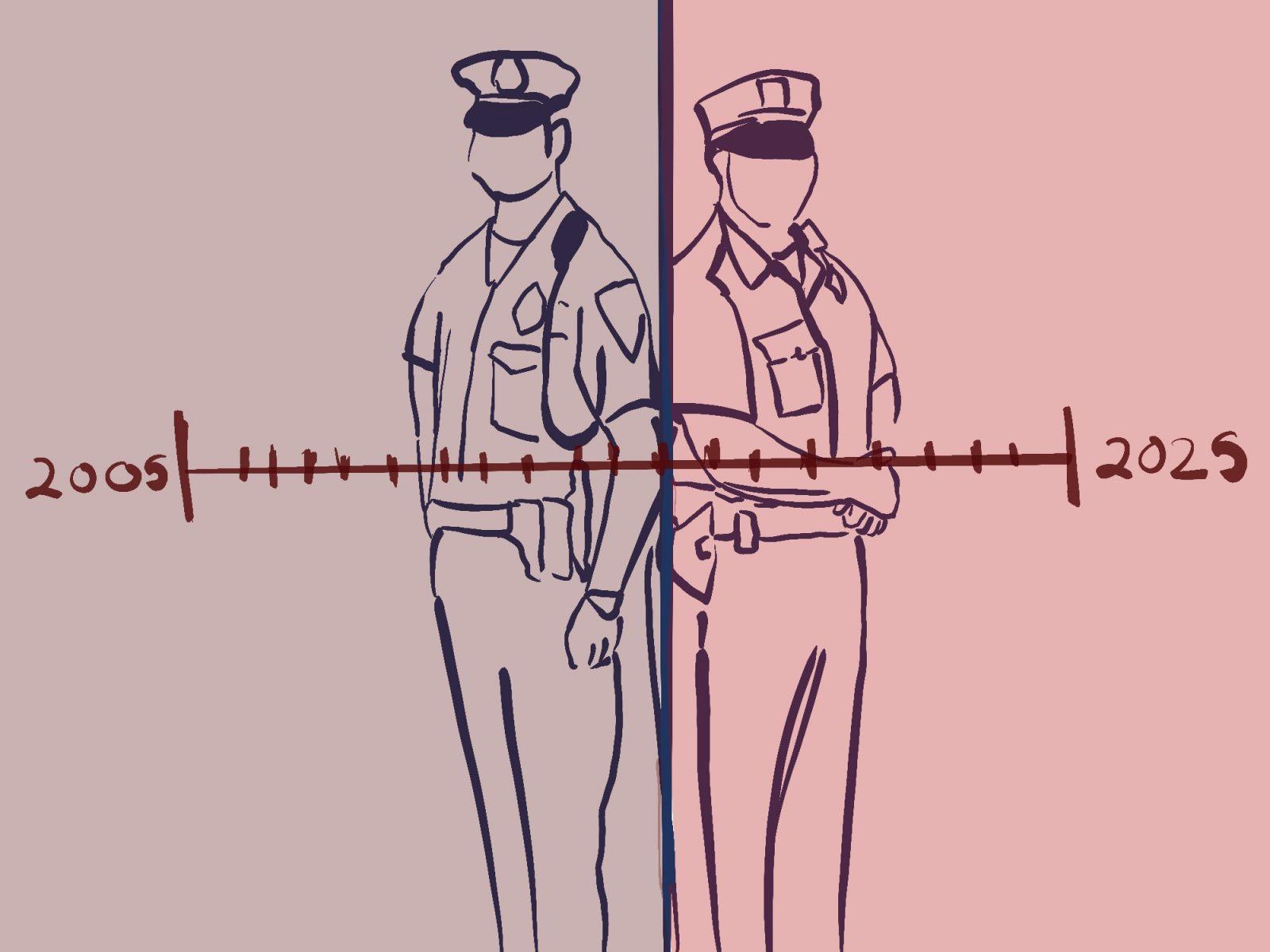




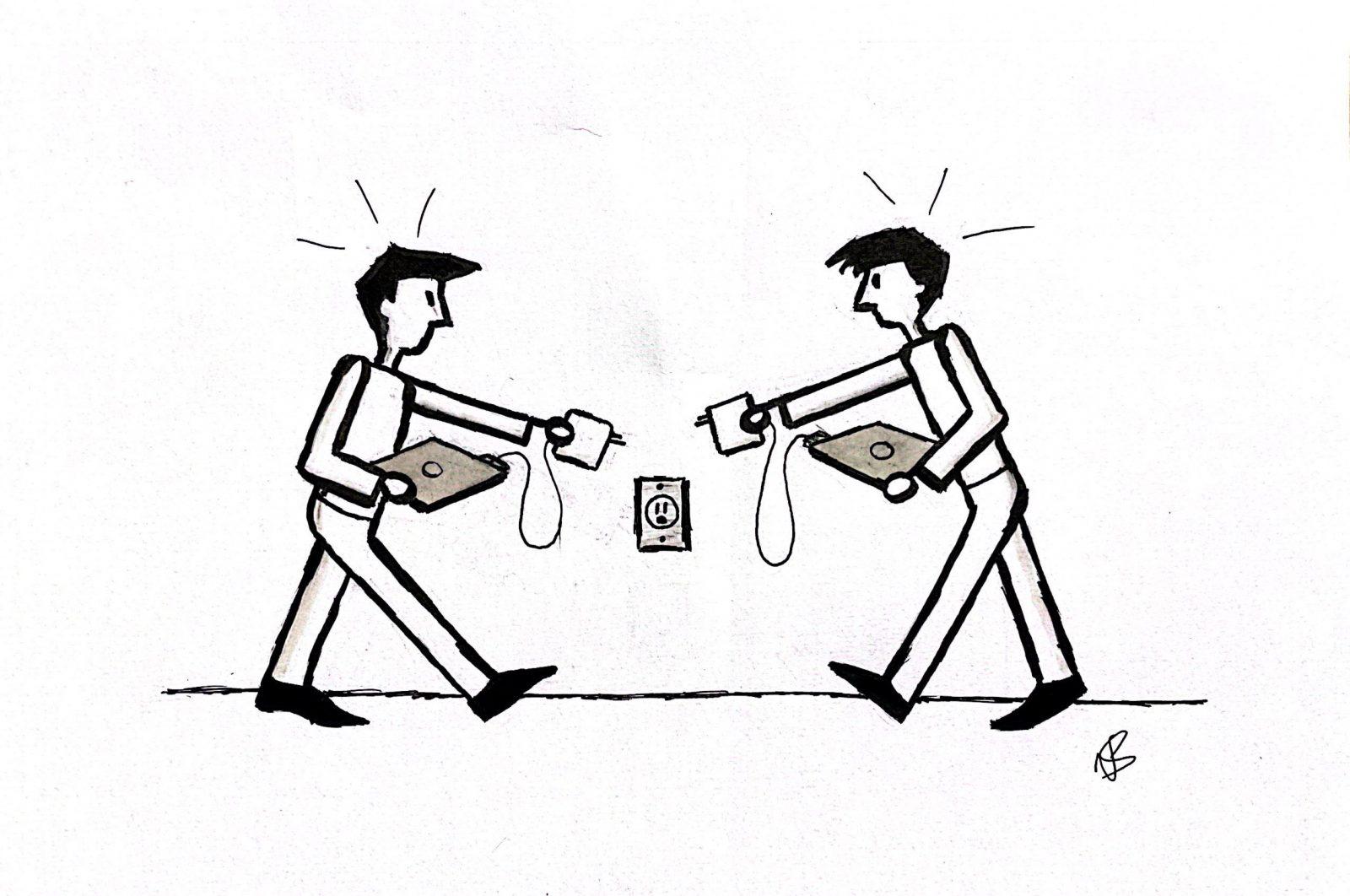
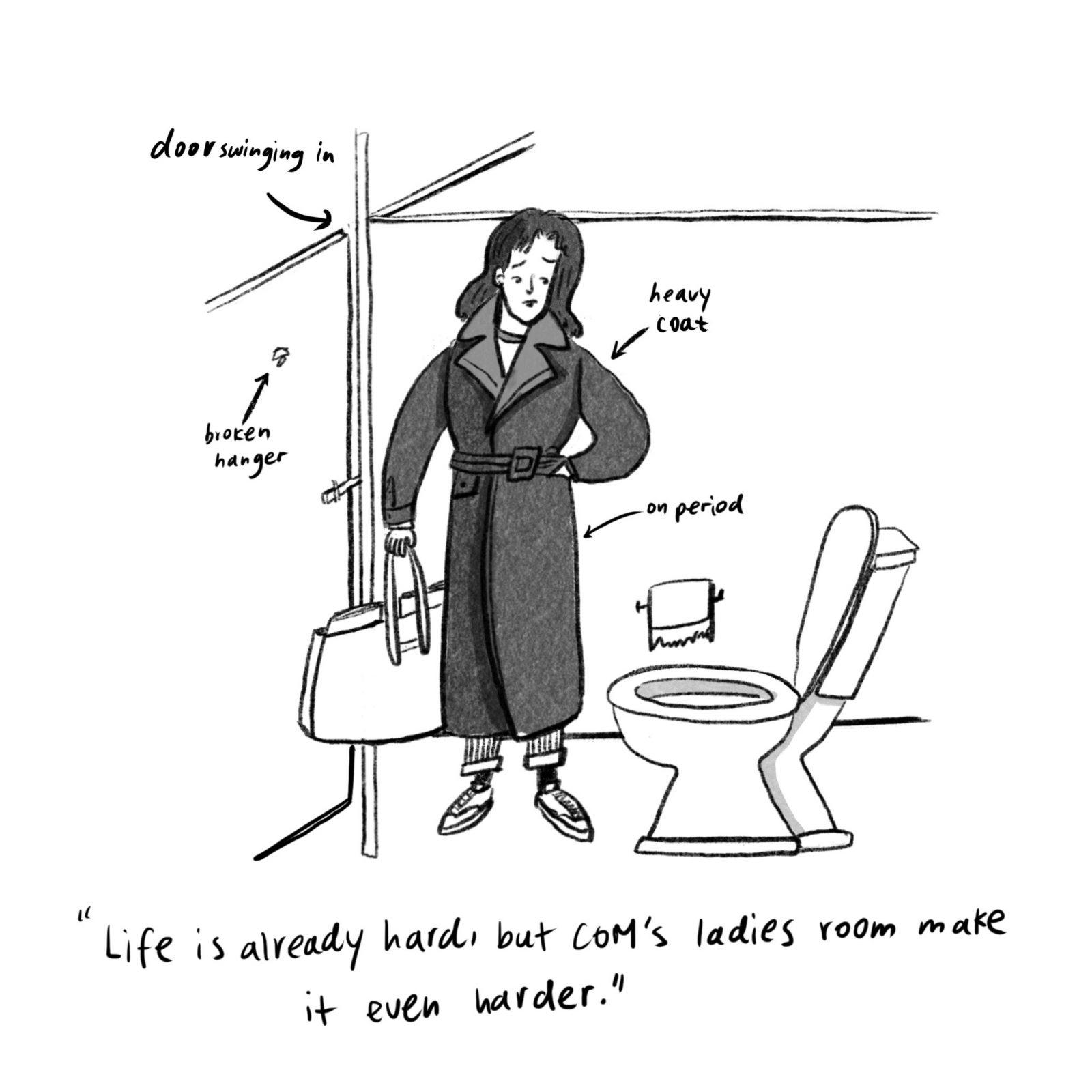




























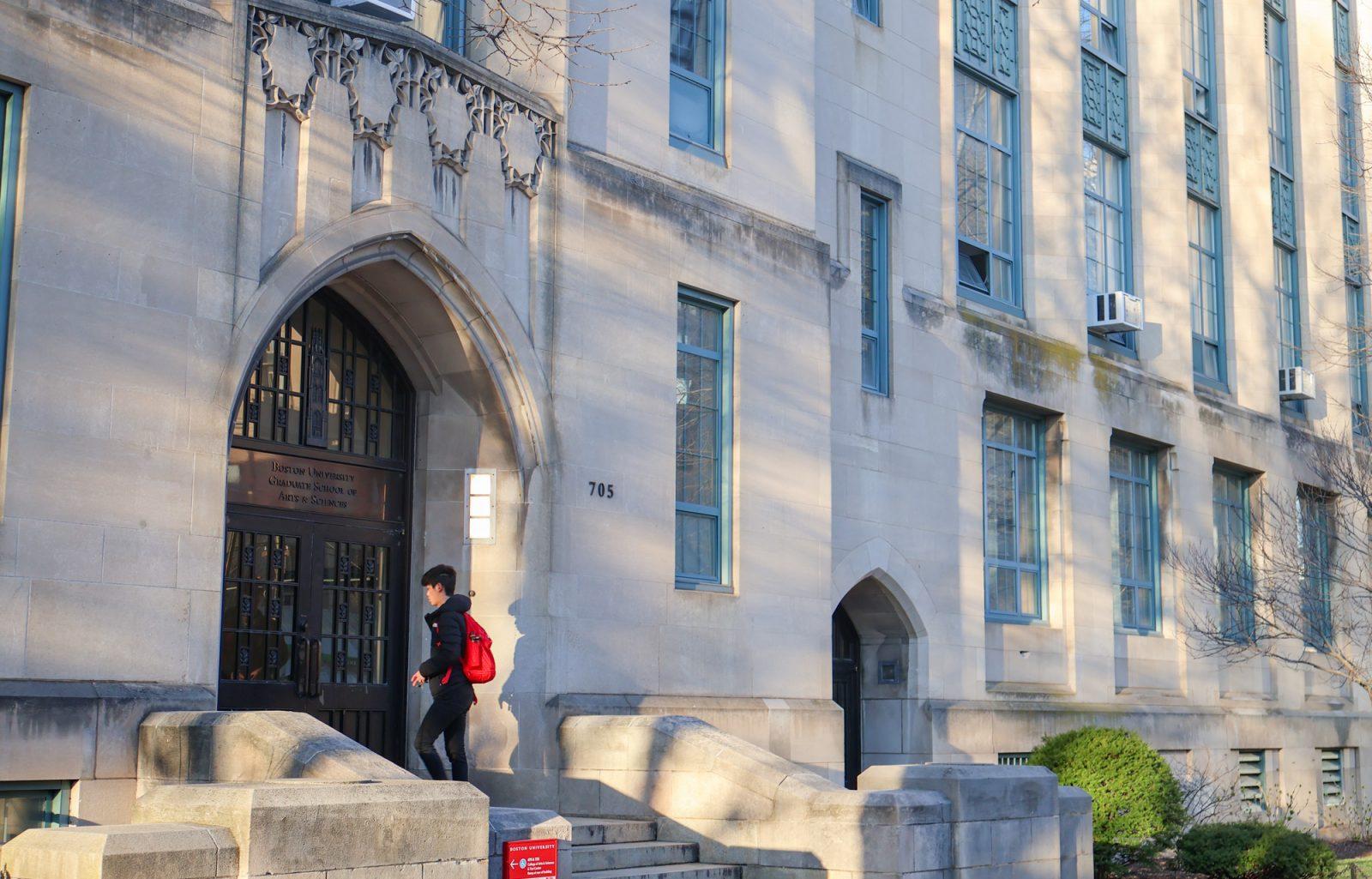
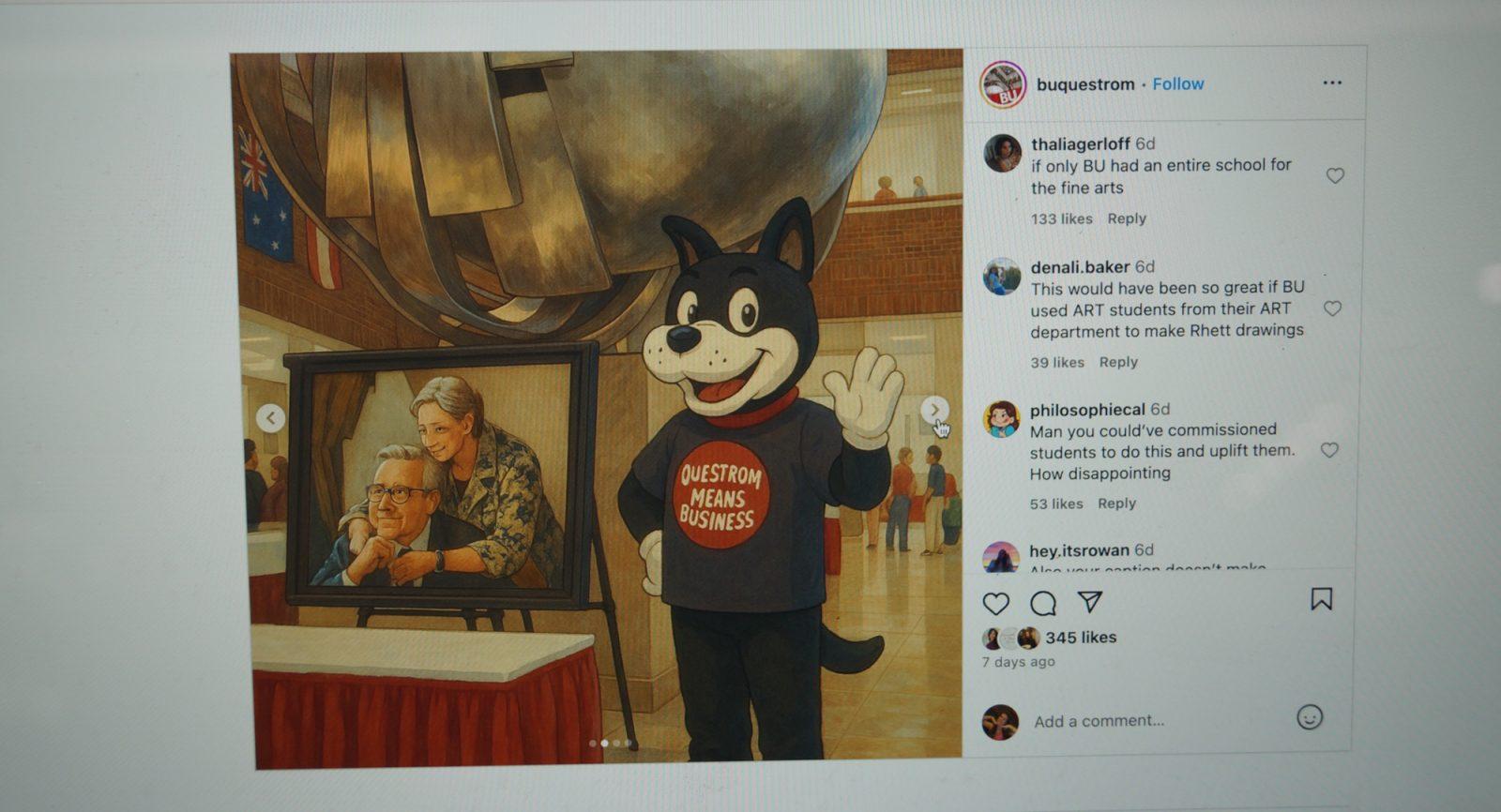
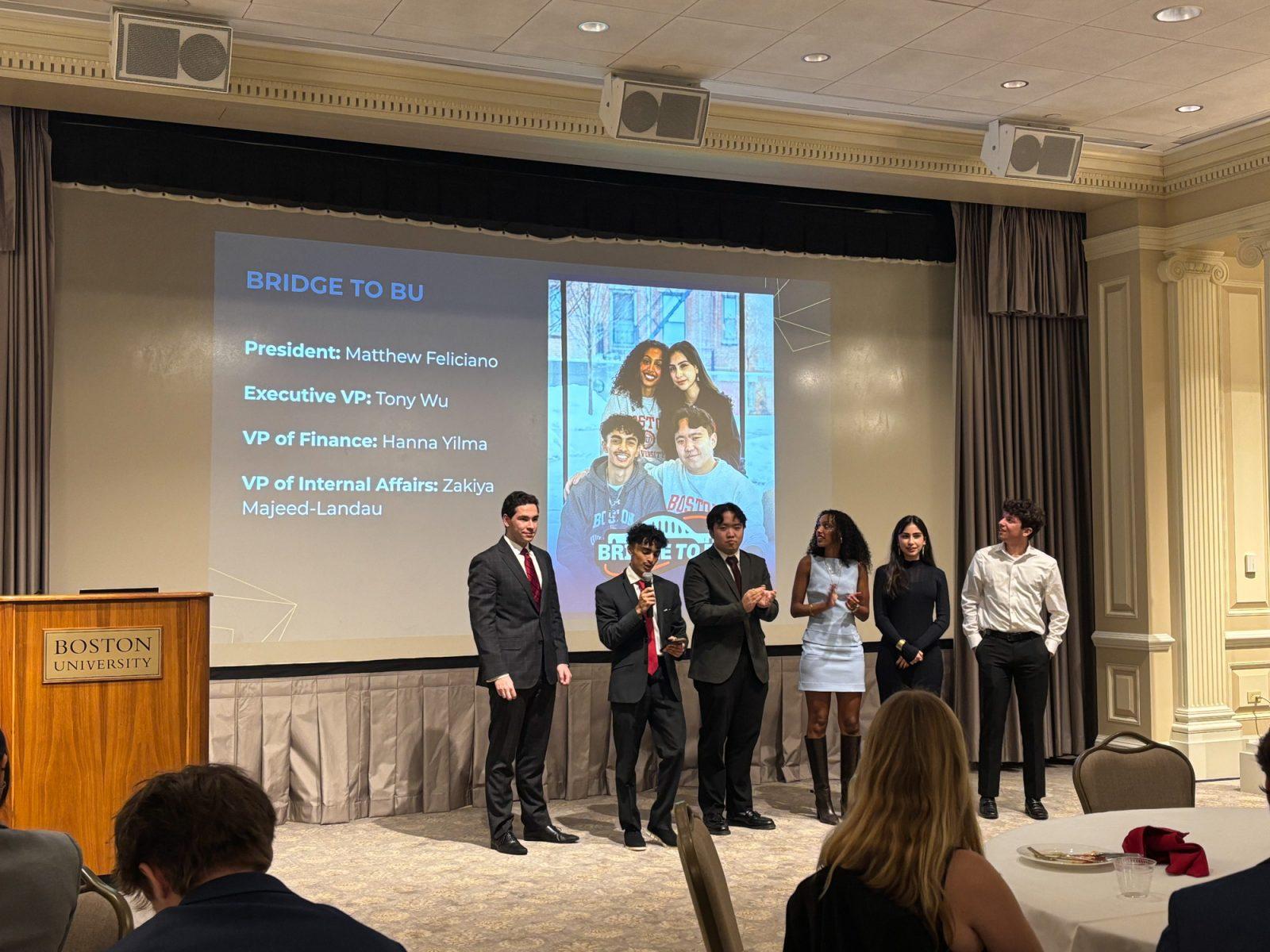
m. ely hull • Apr 7, 2025 at 11:06 am
Thank you for standing up for Free Speech
Natalie Doyle • Apr 3, 2025 at 8:09 am
This article raises important points about the misuse of antisemitism accusations to silence pro-Palestinian voices. It’s crucial that we foster an environment where all perspectives can be discussed openly without fear of backlash. Dialogue is key!